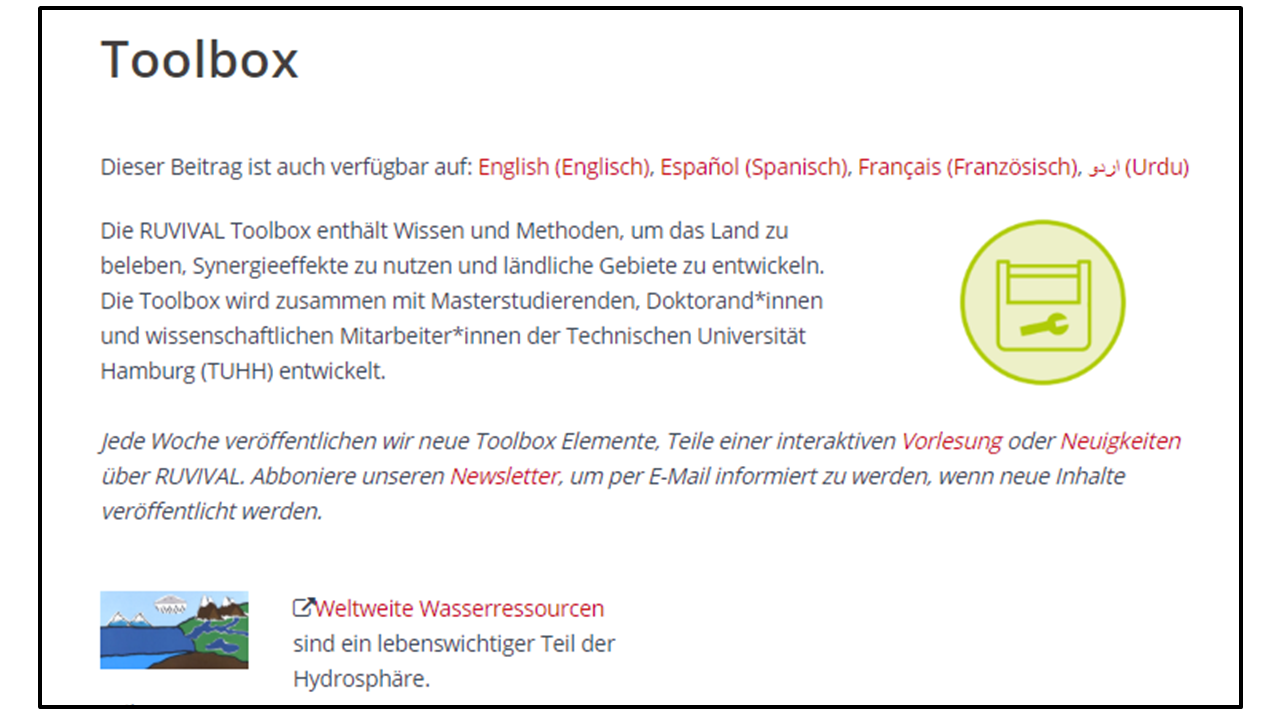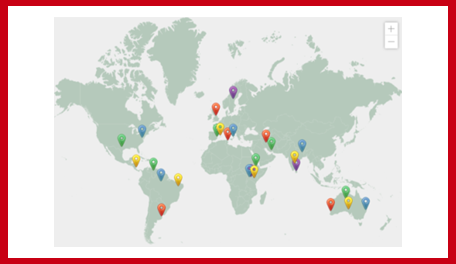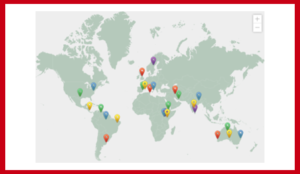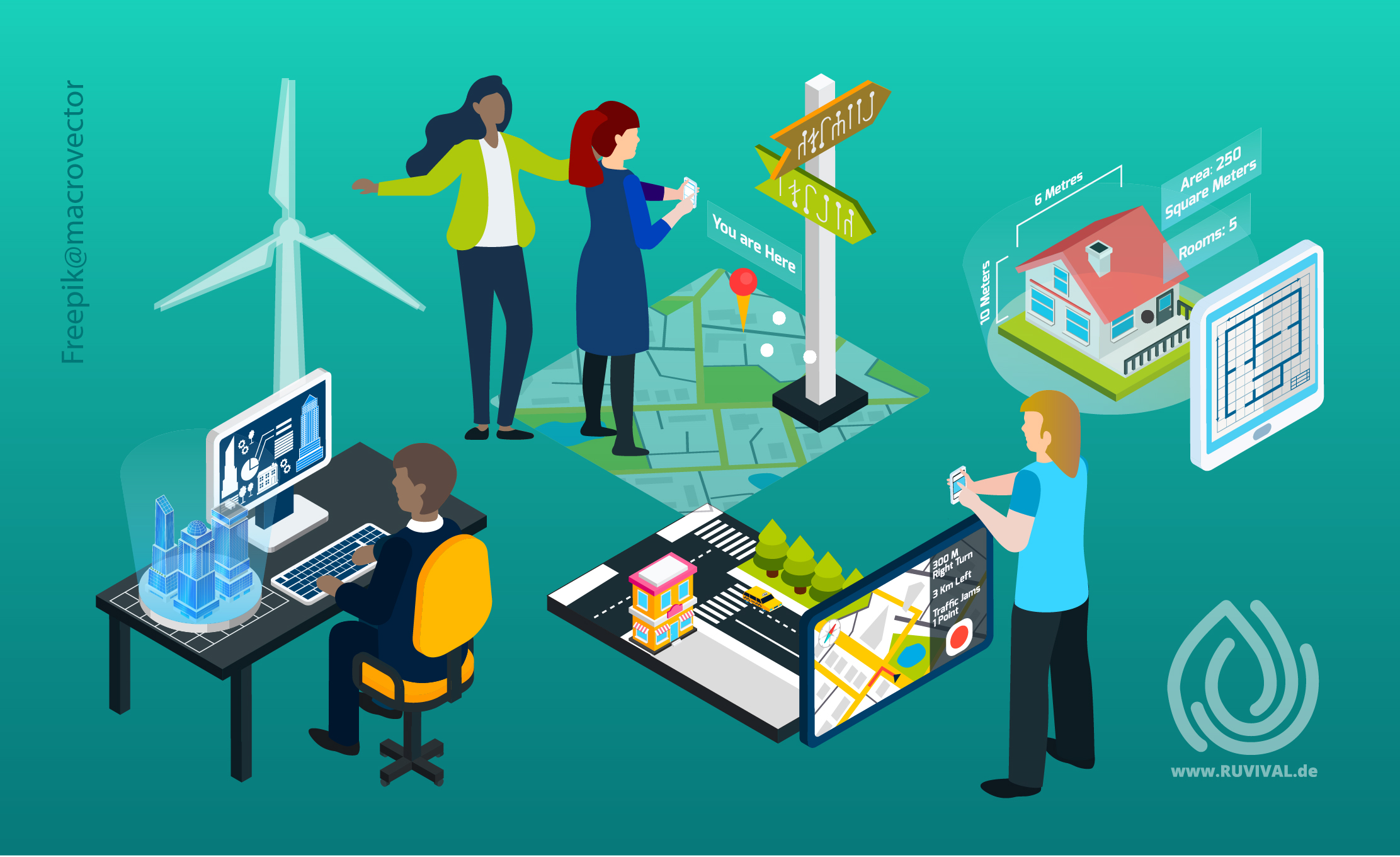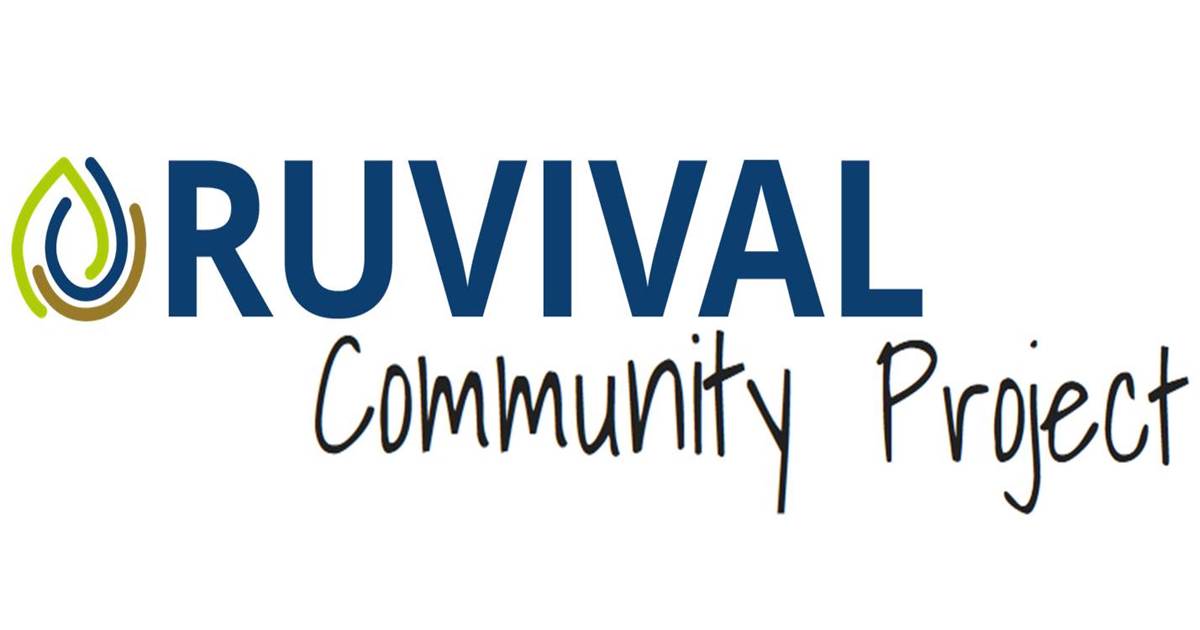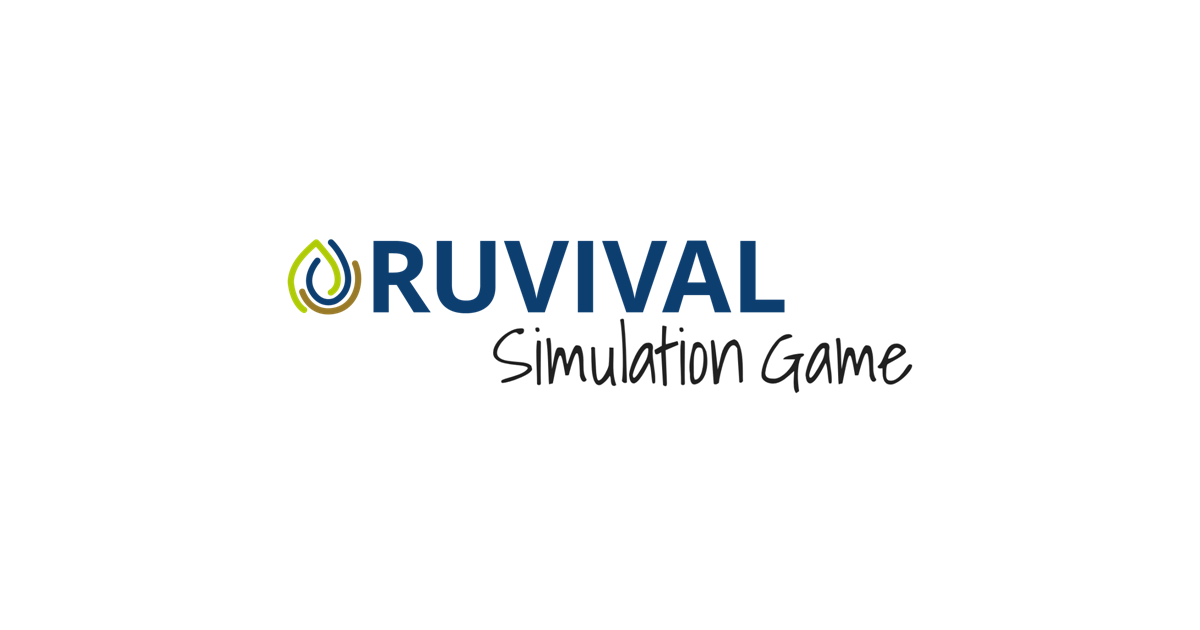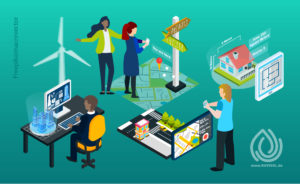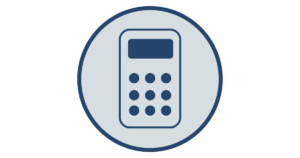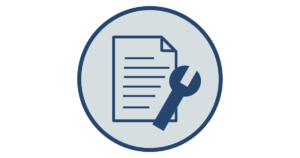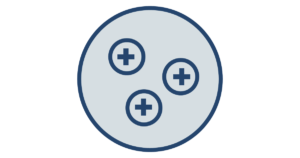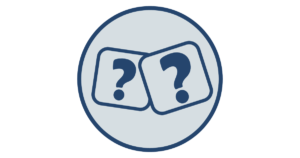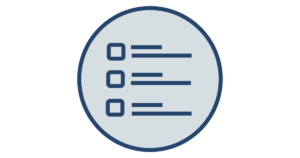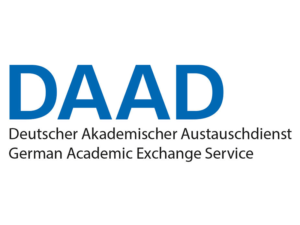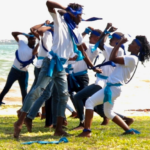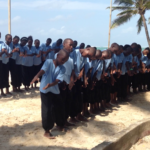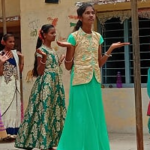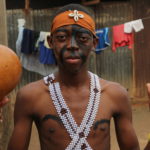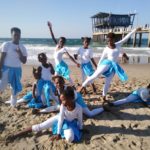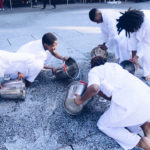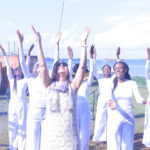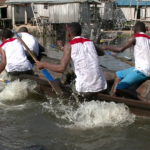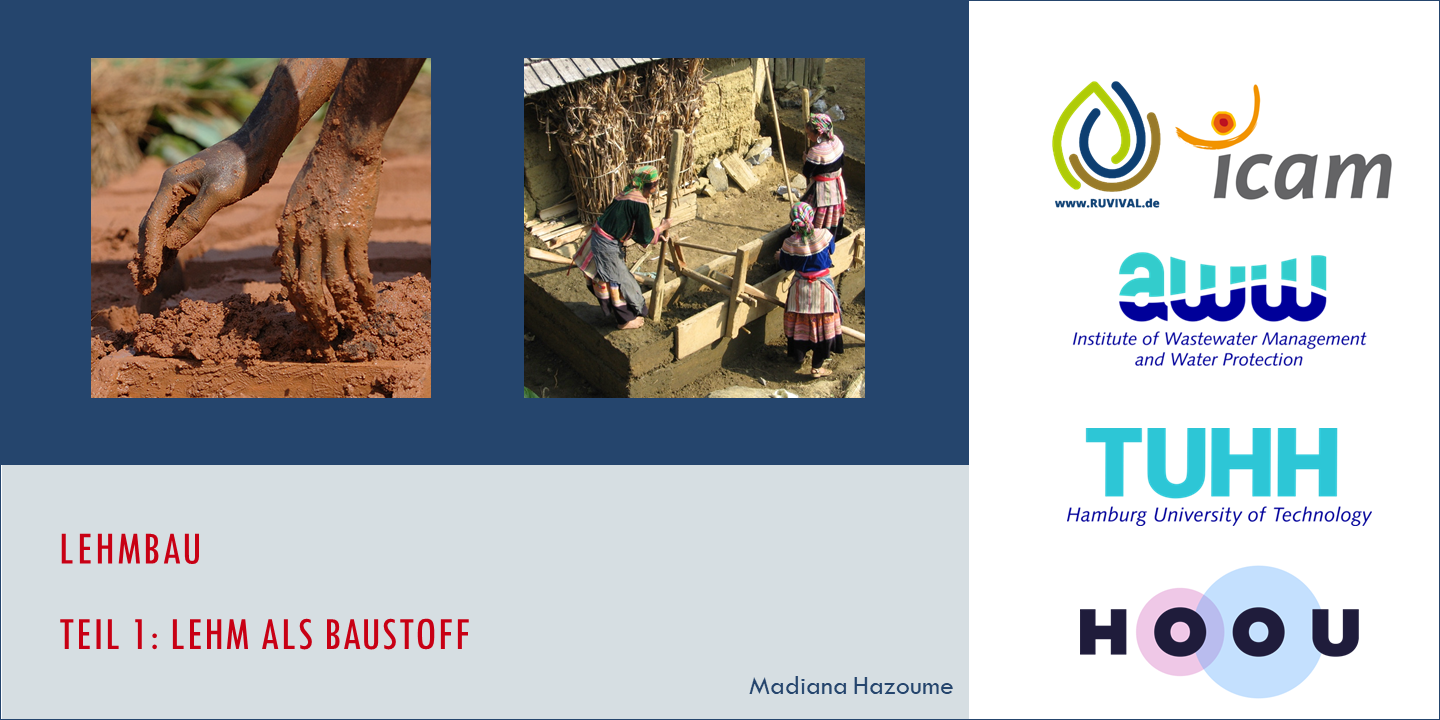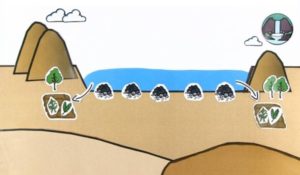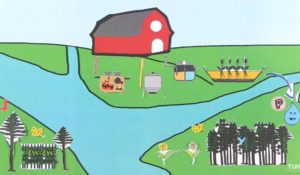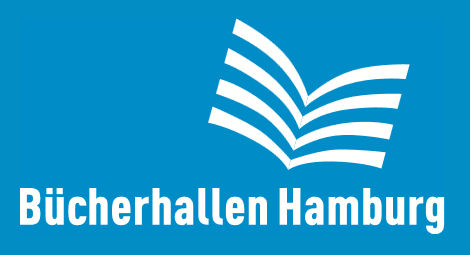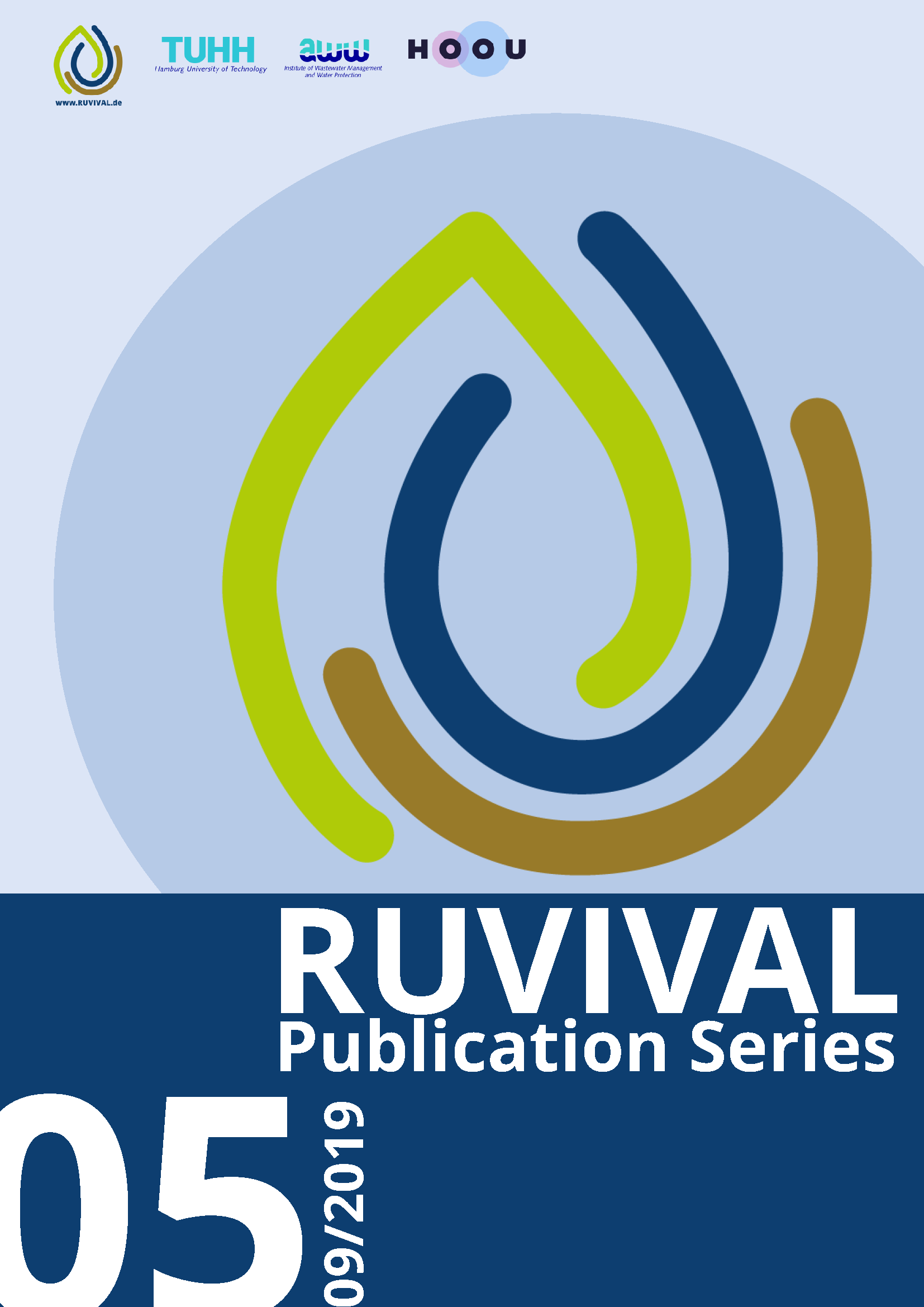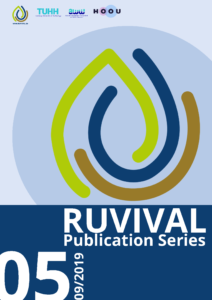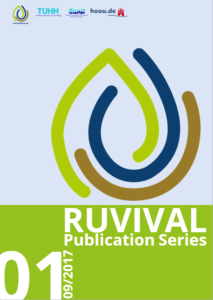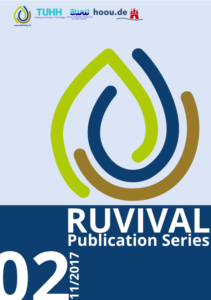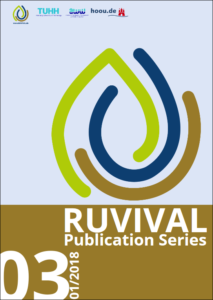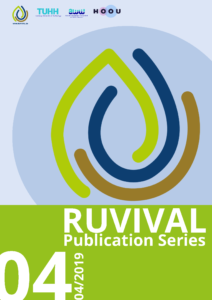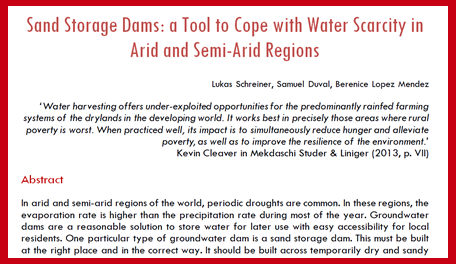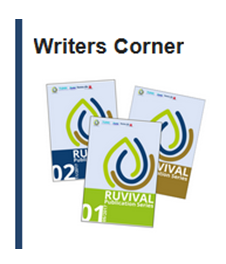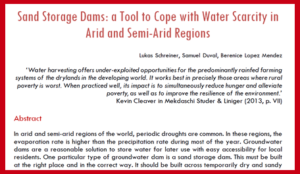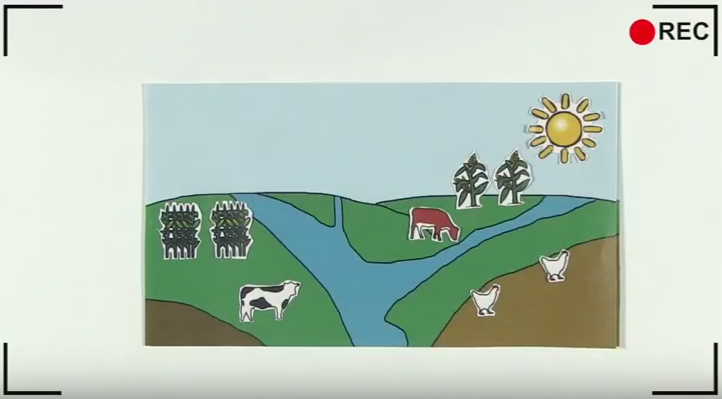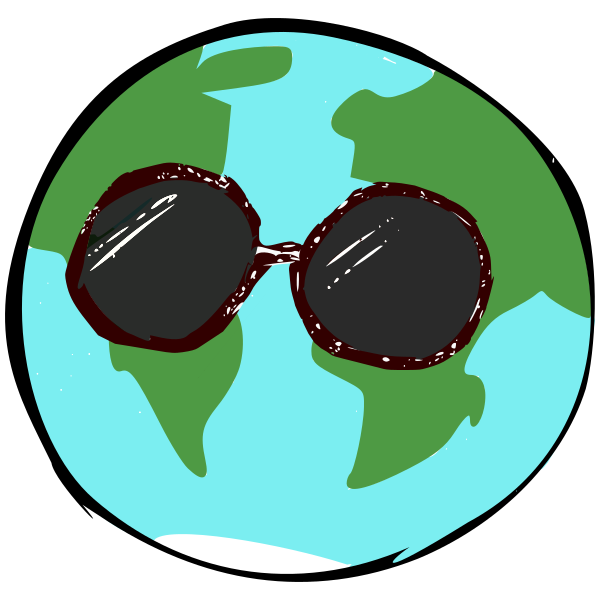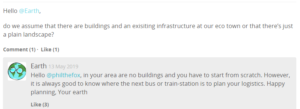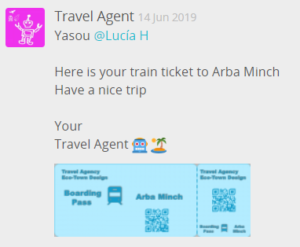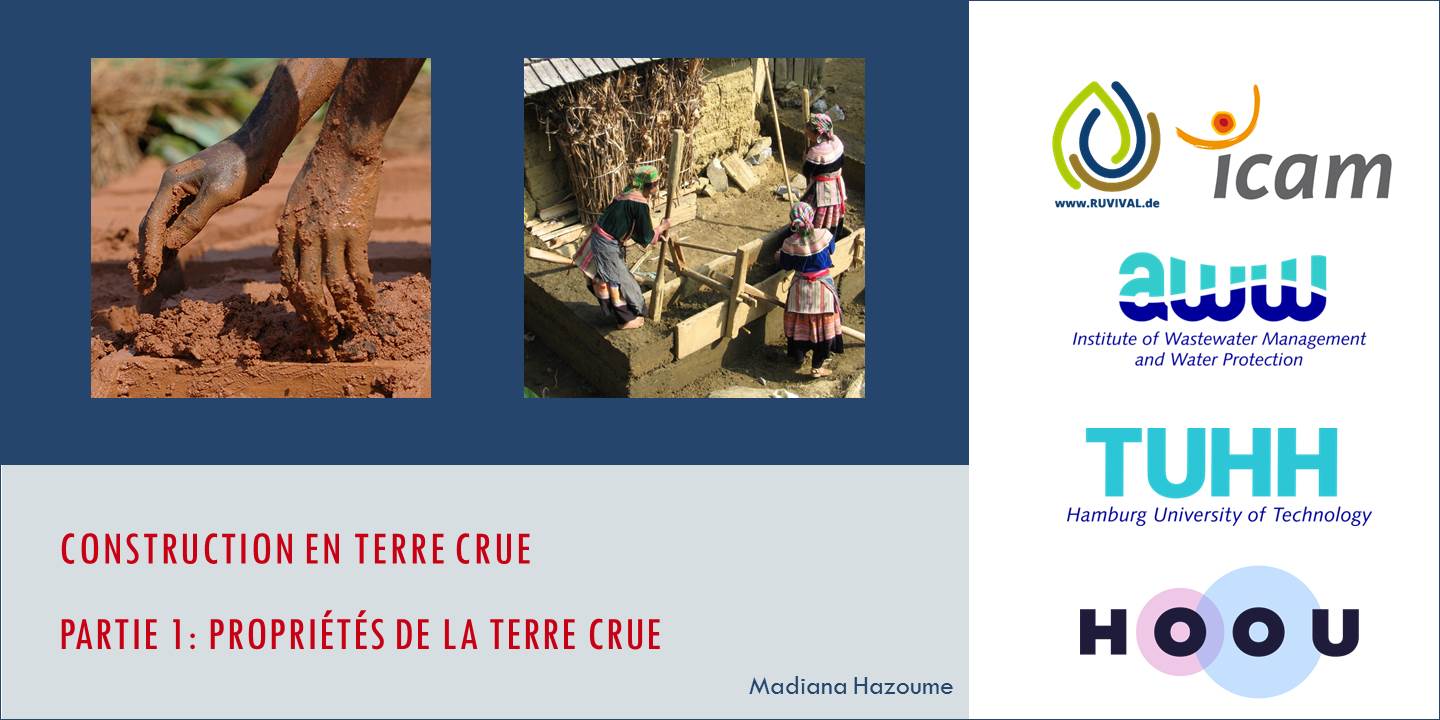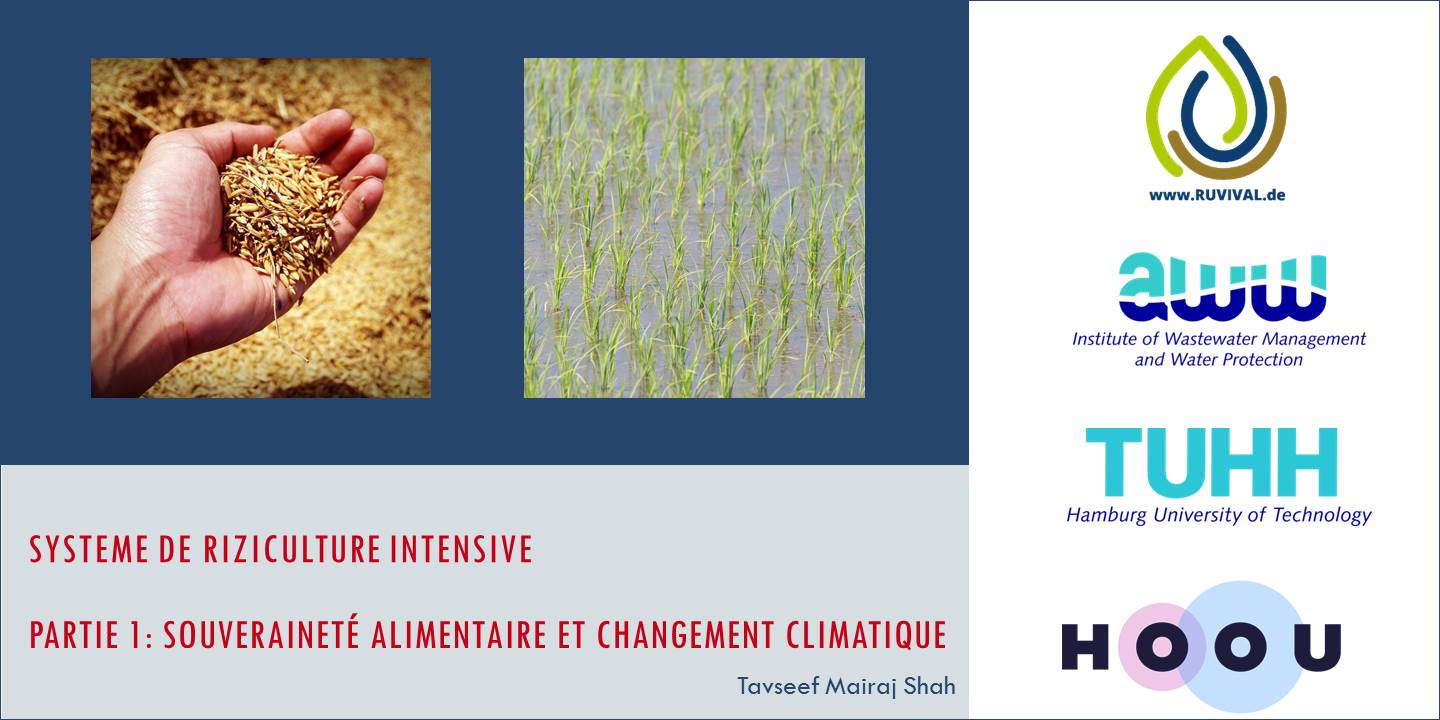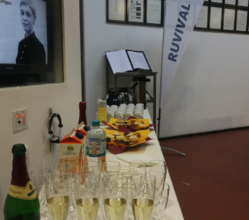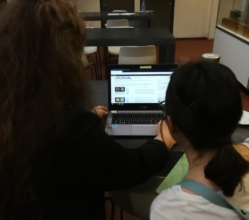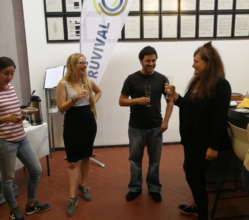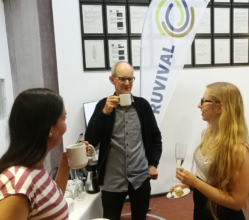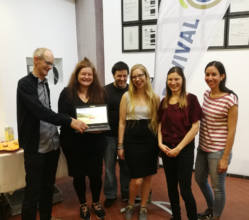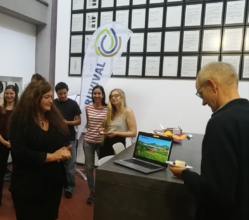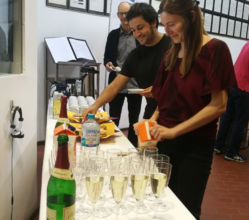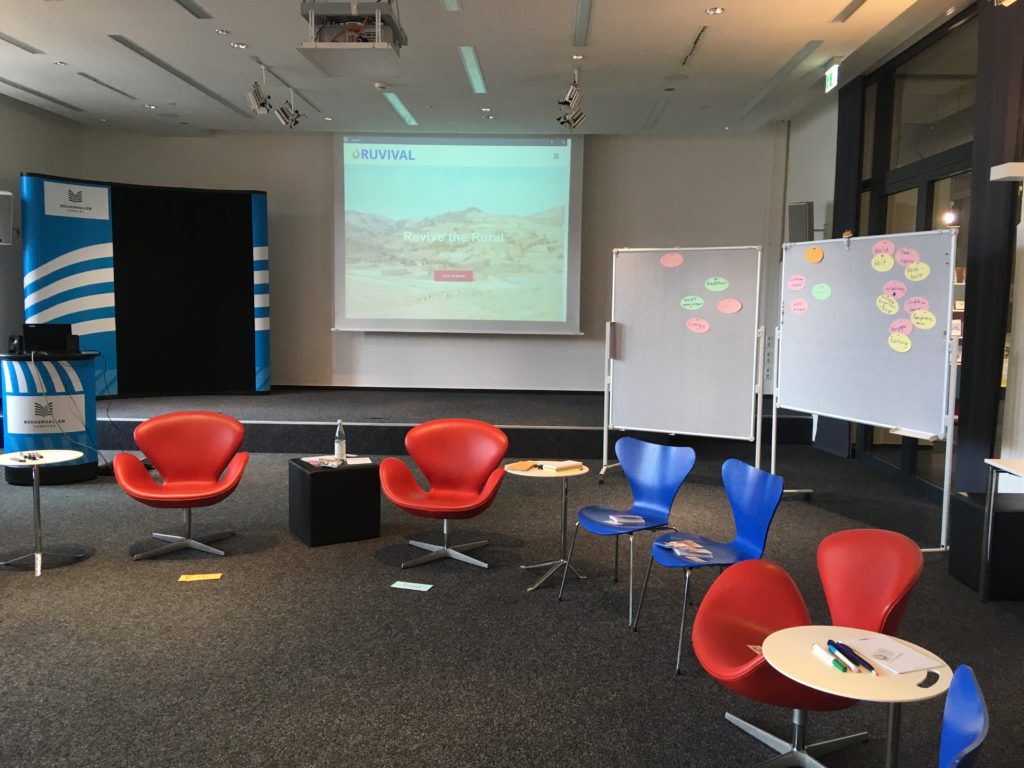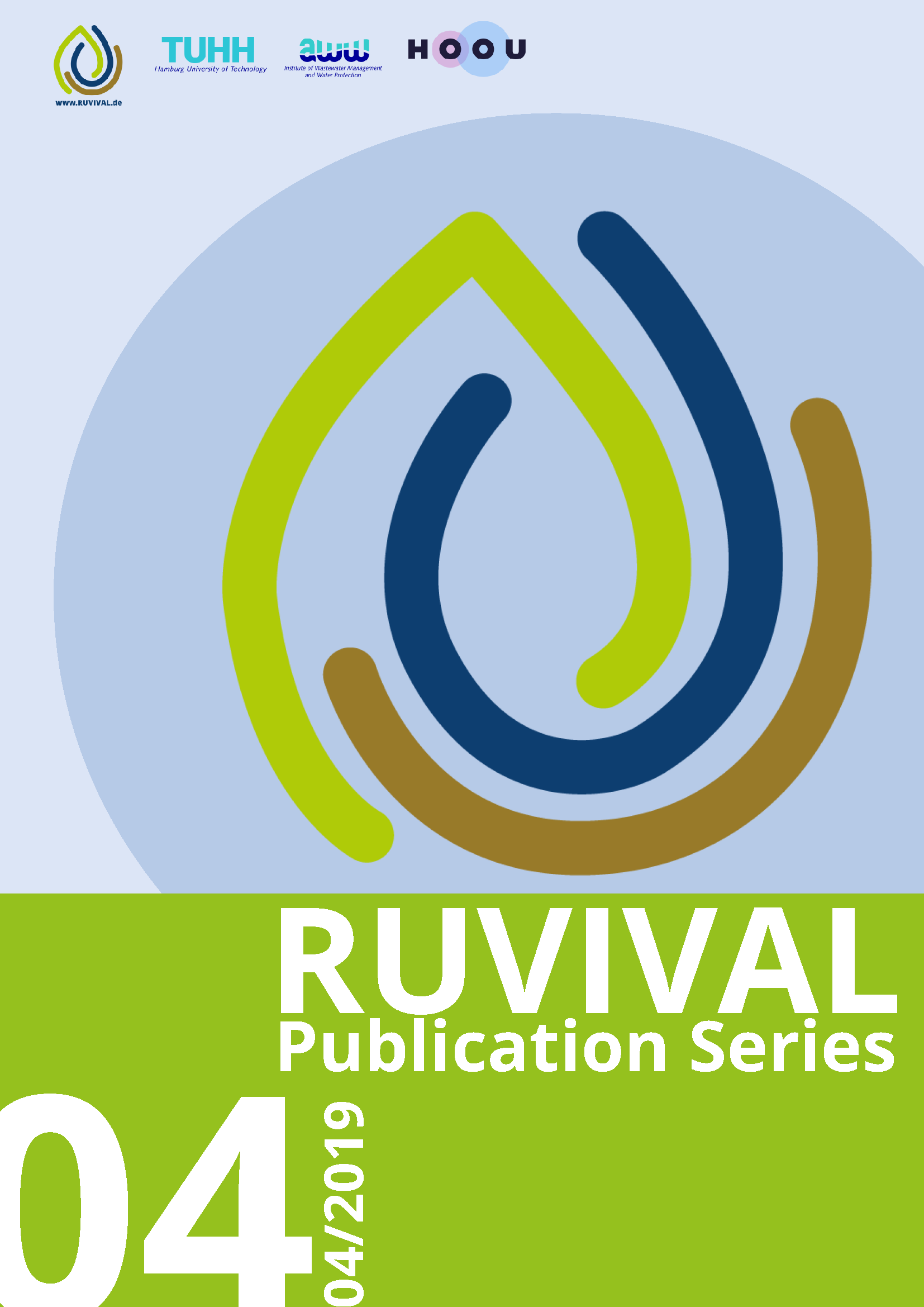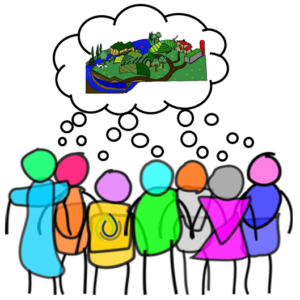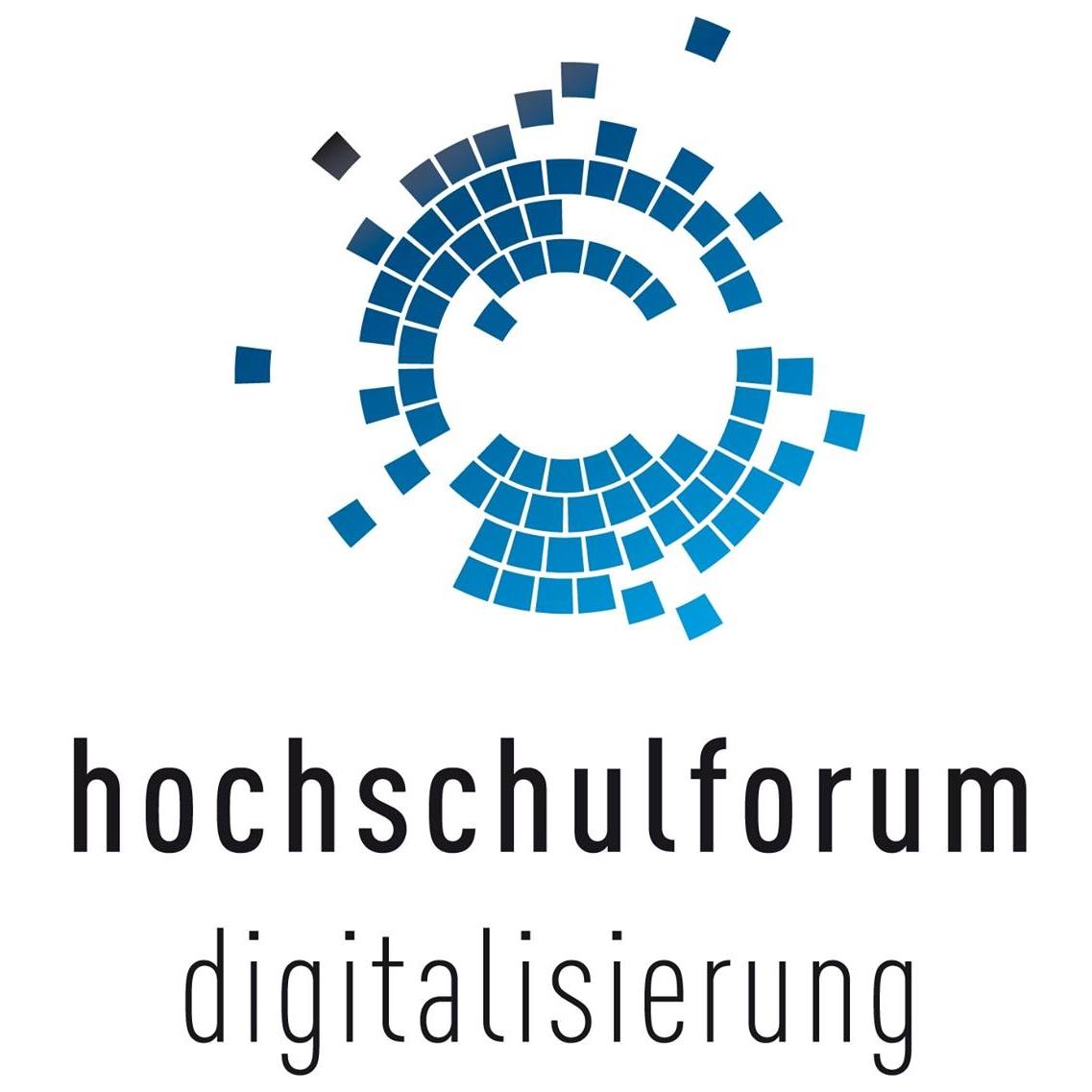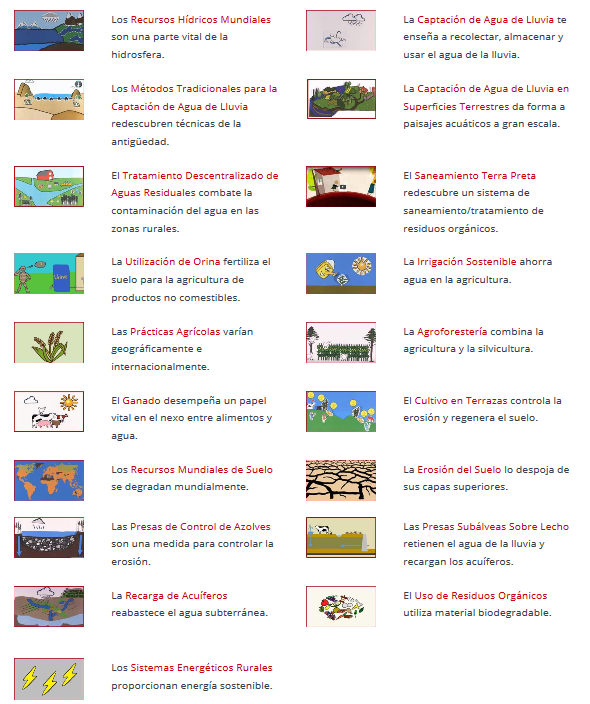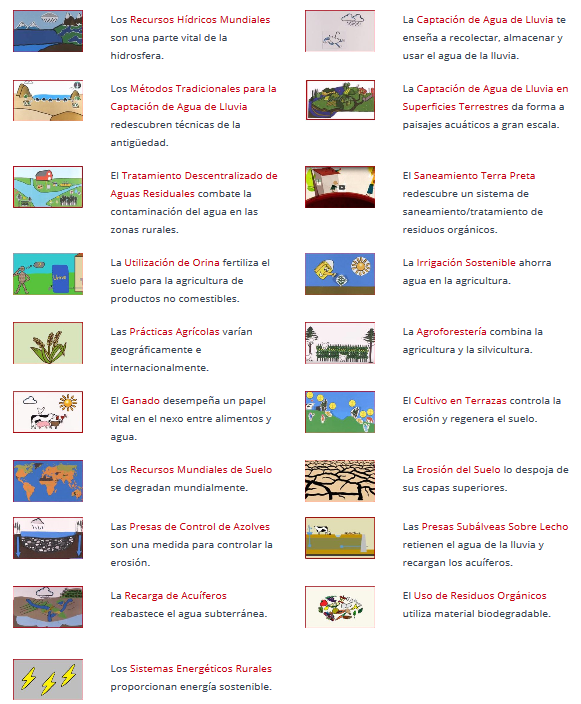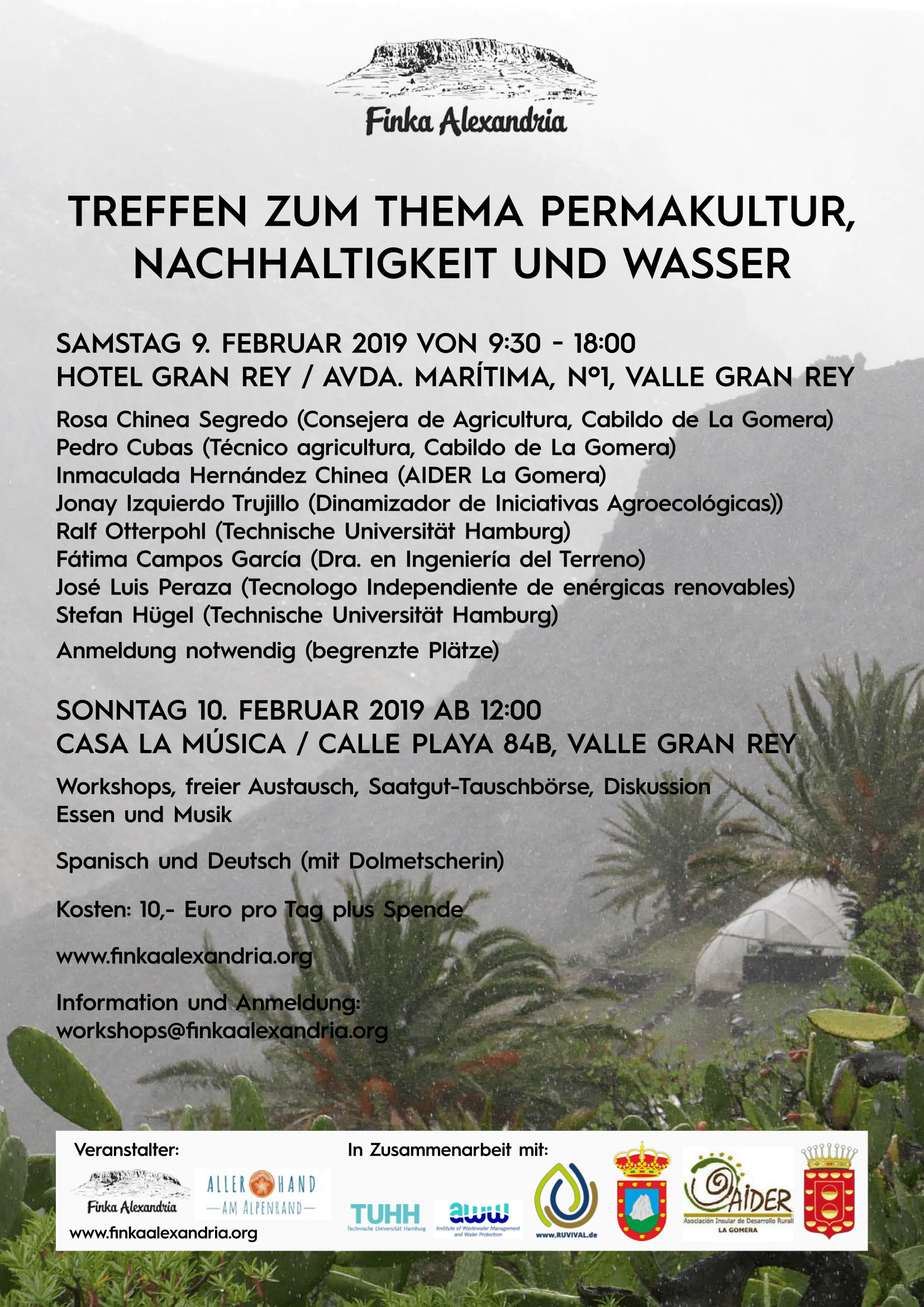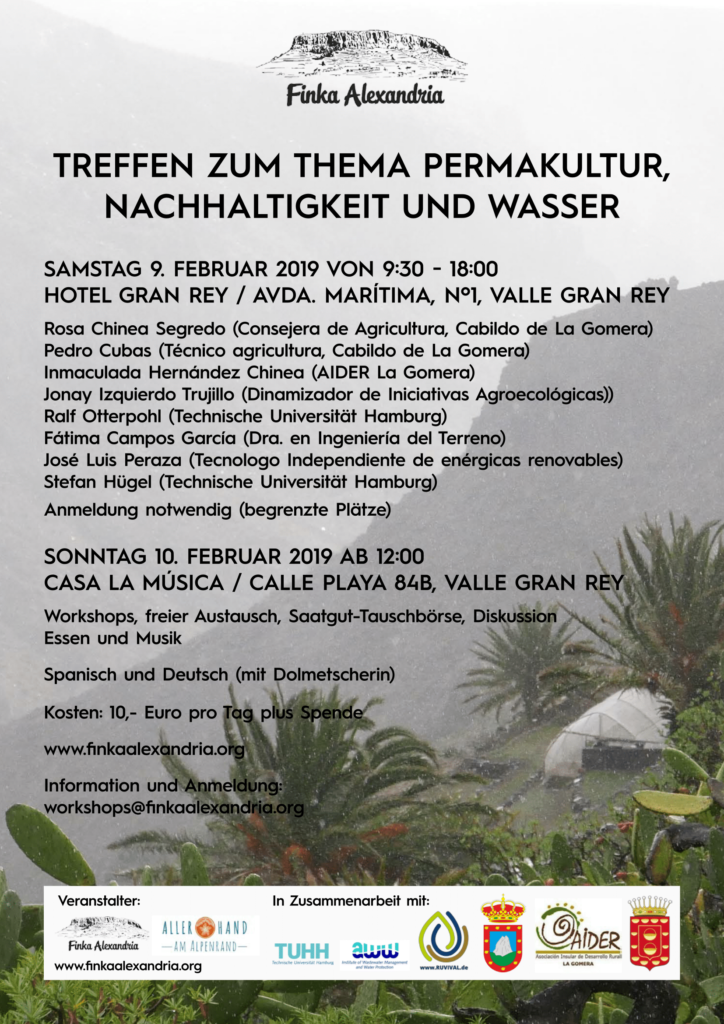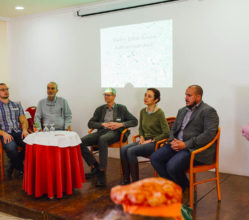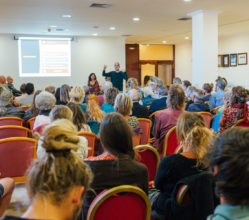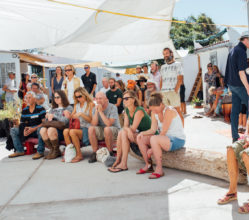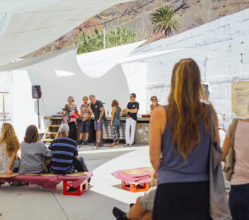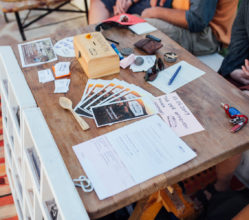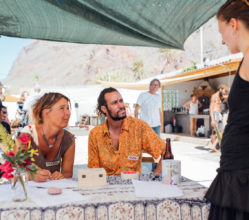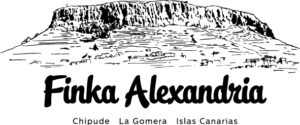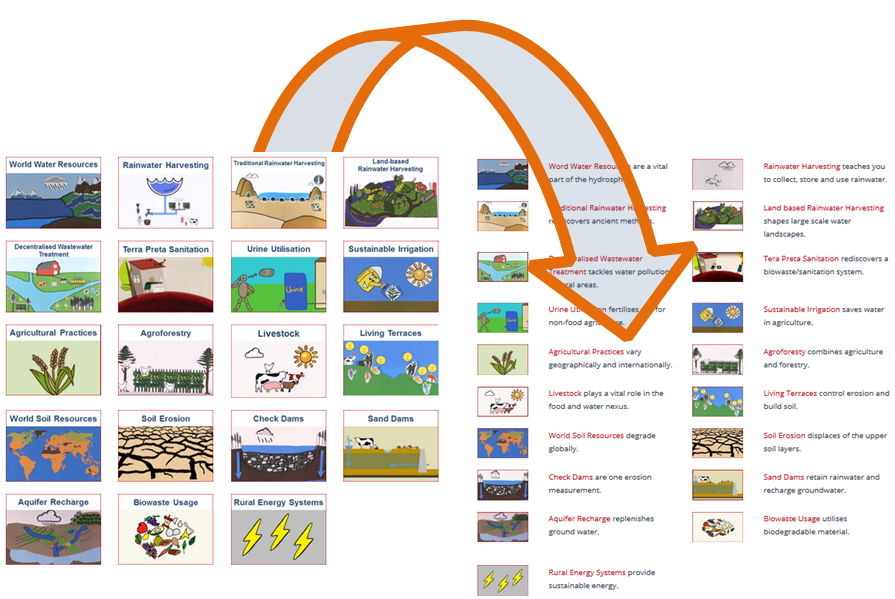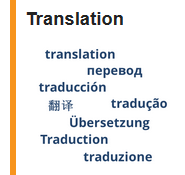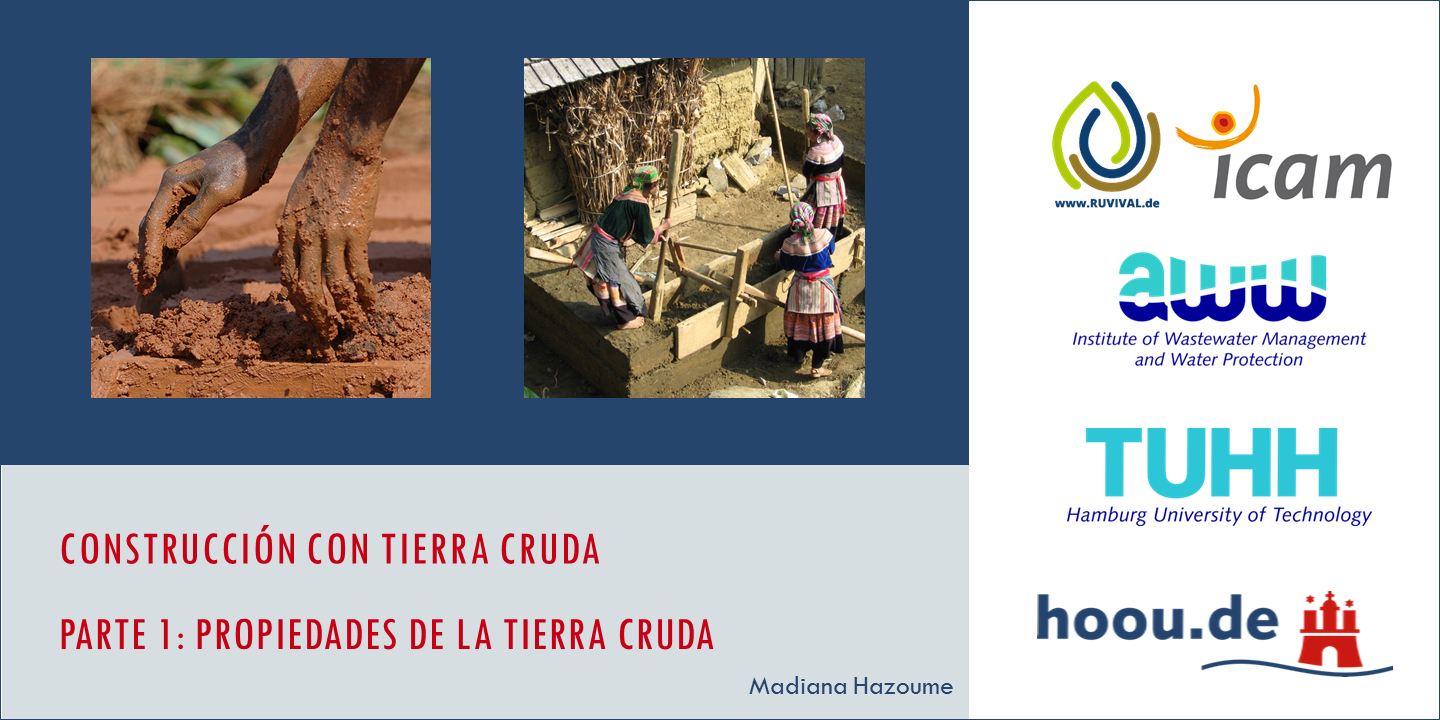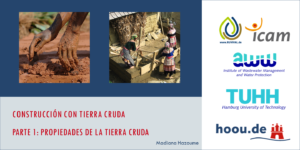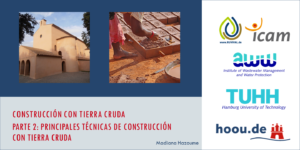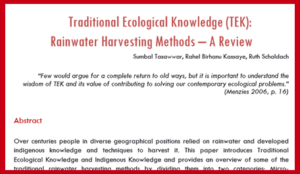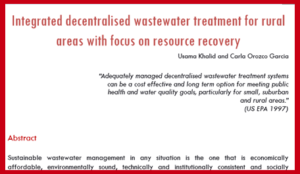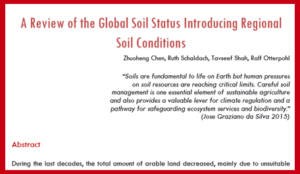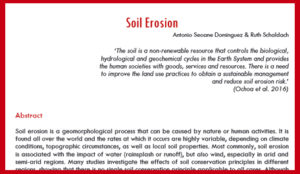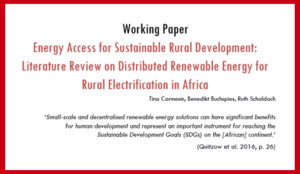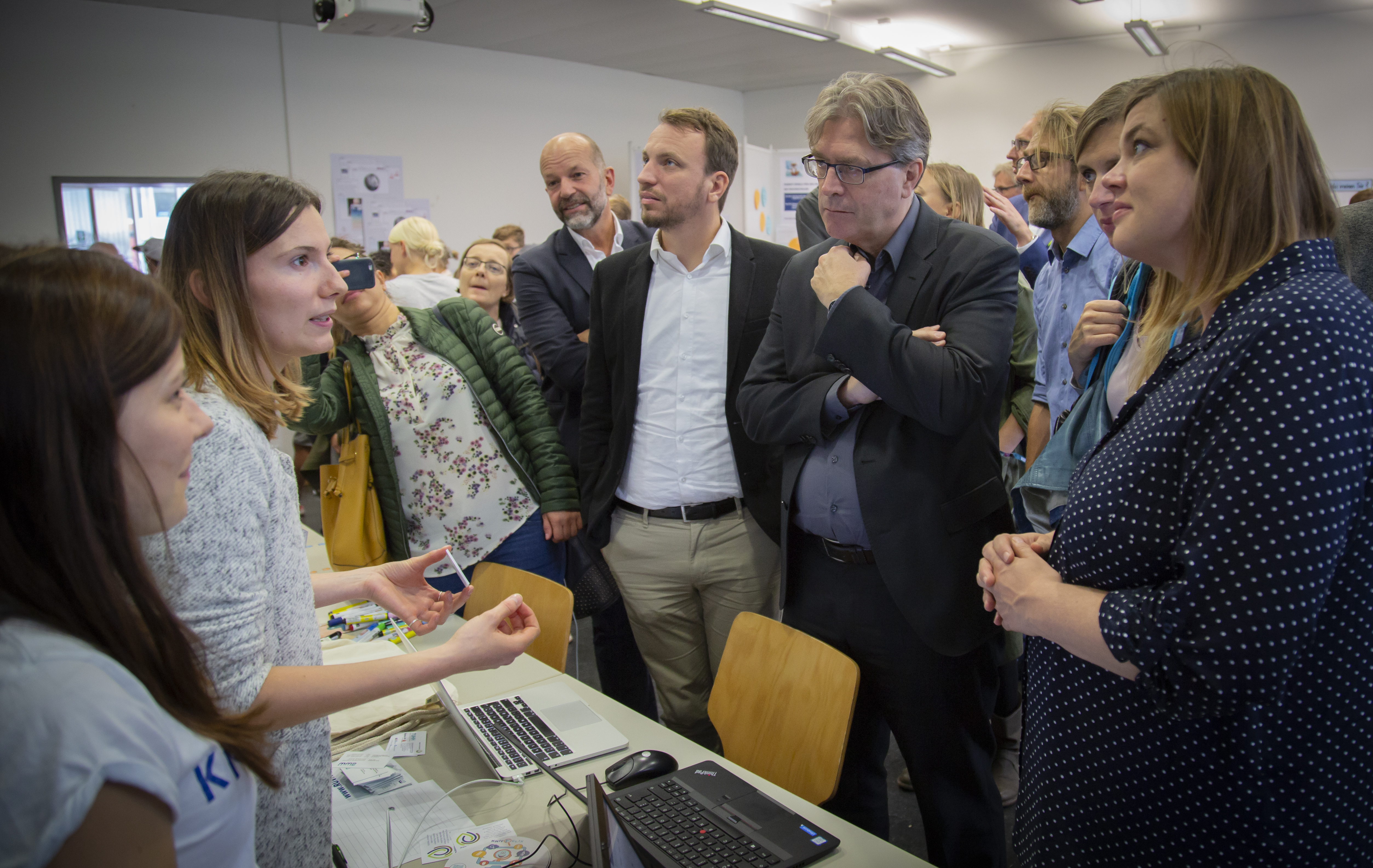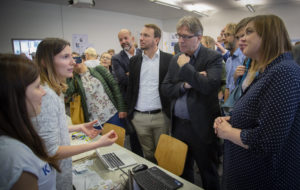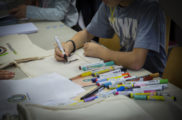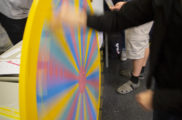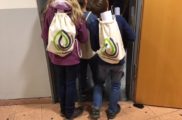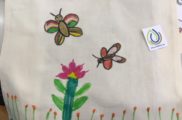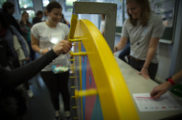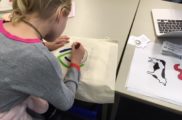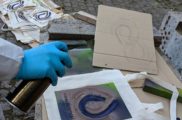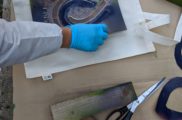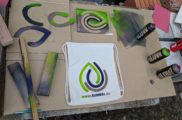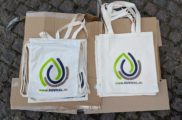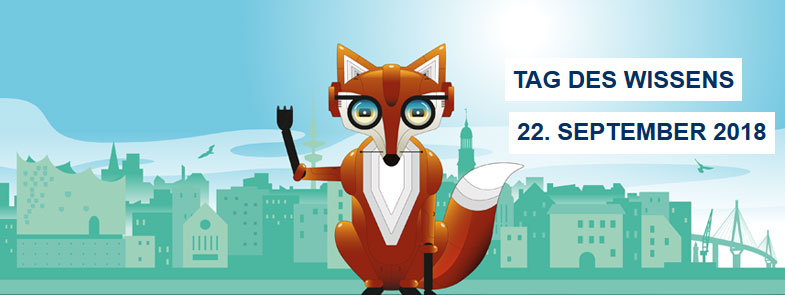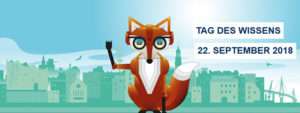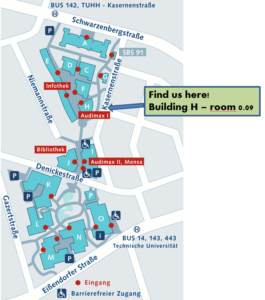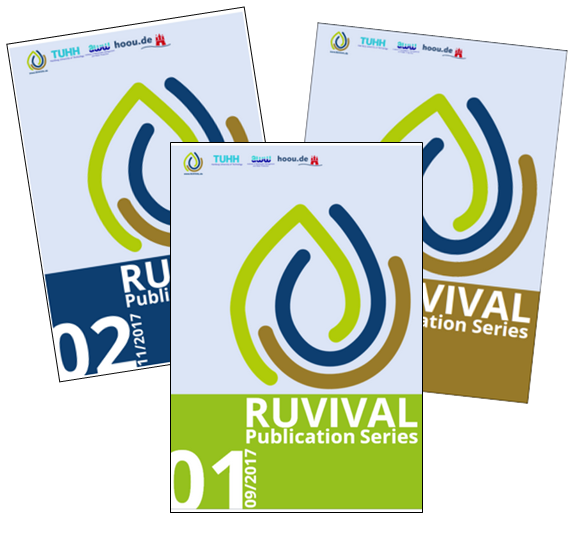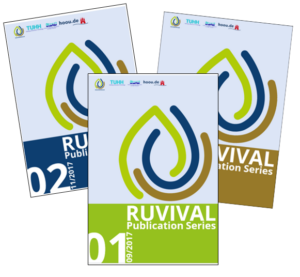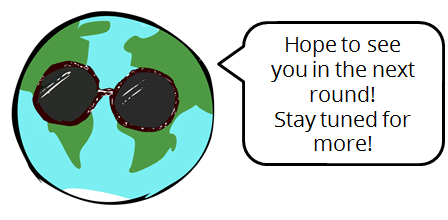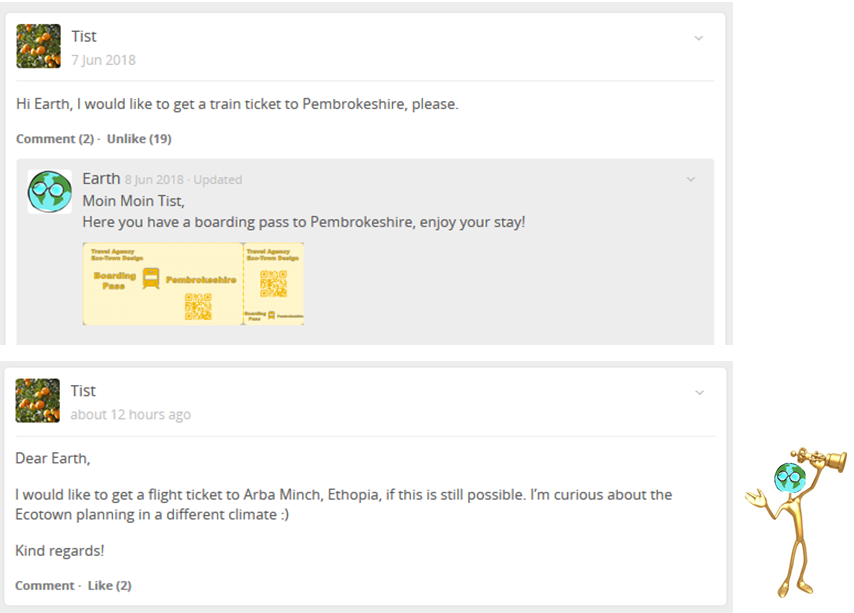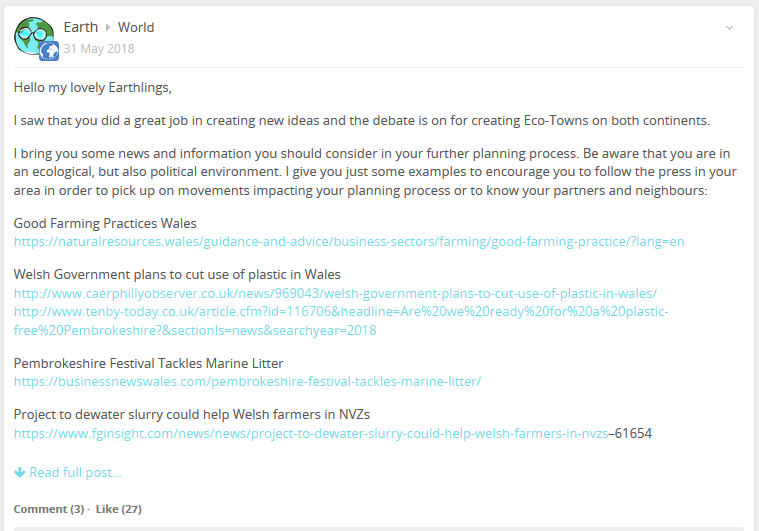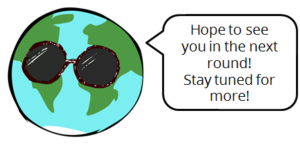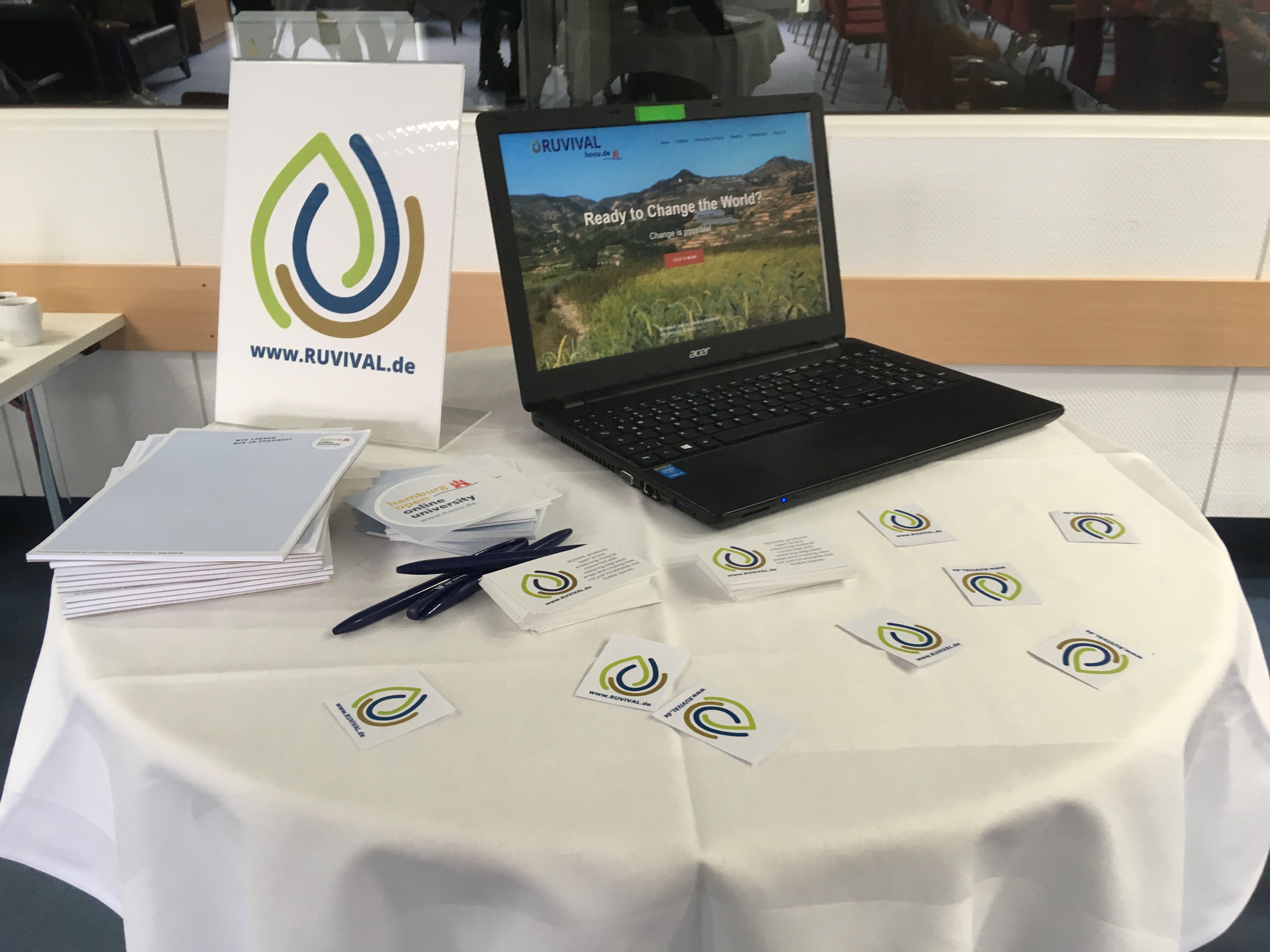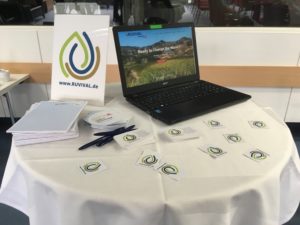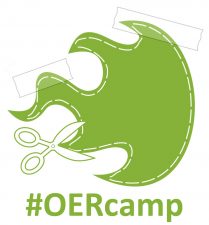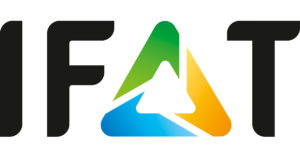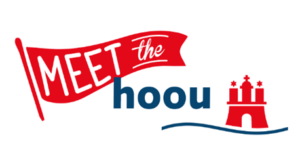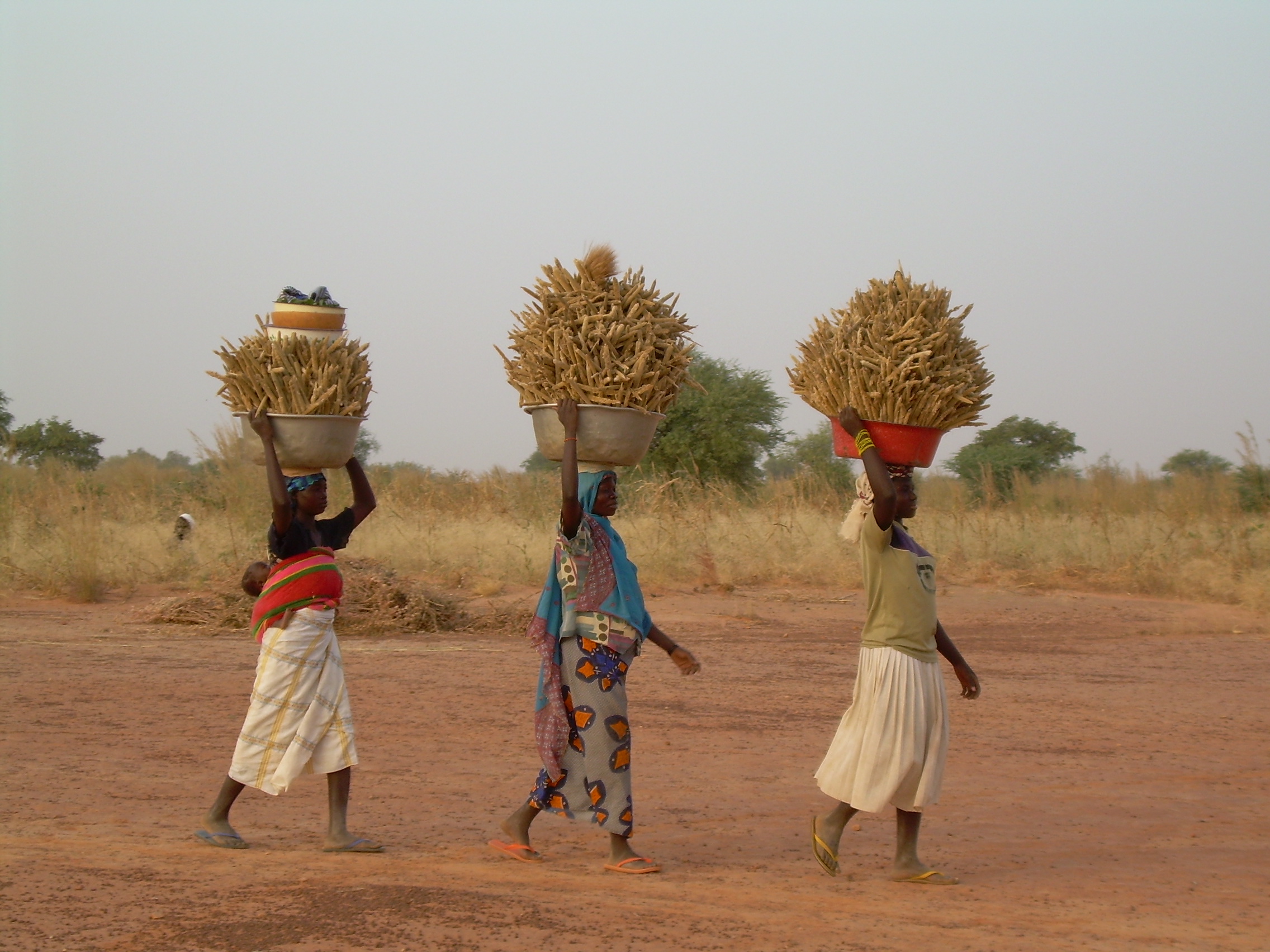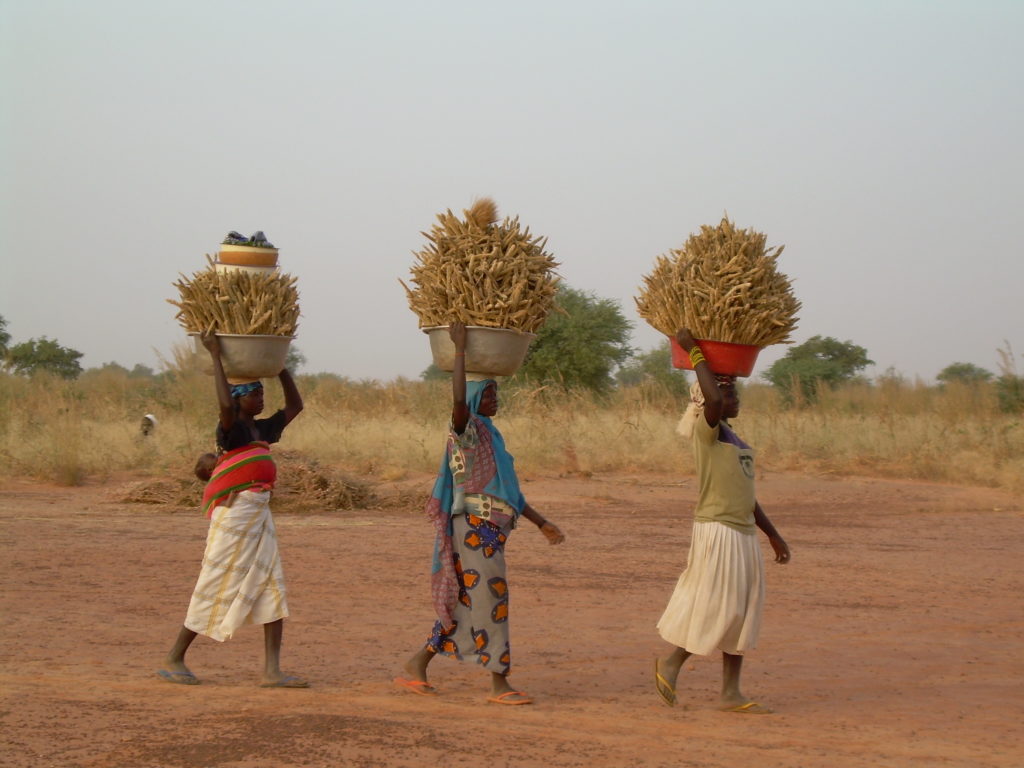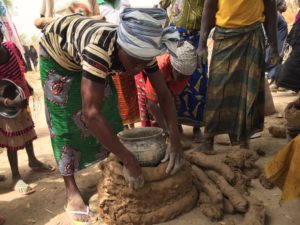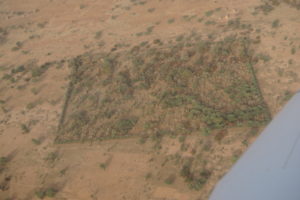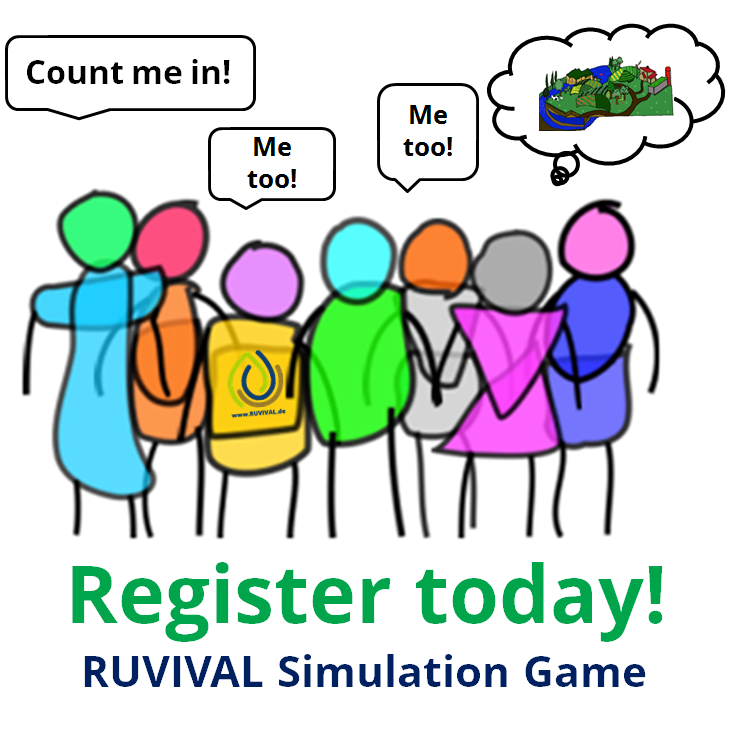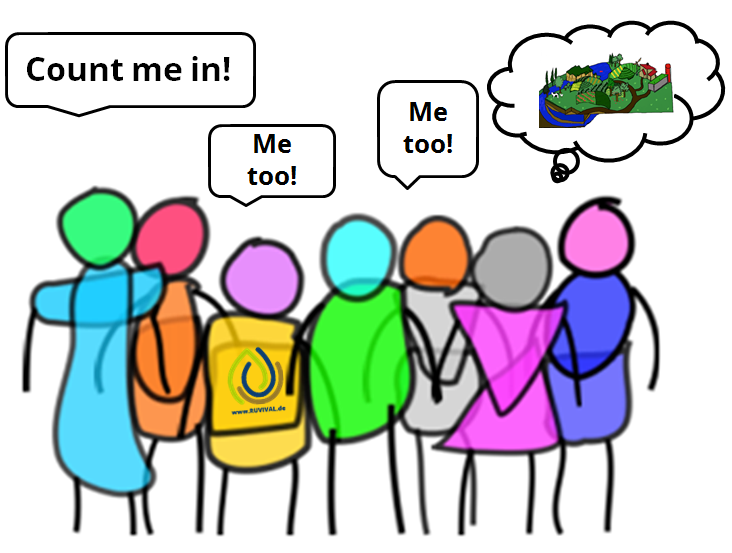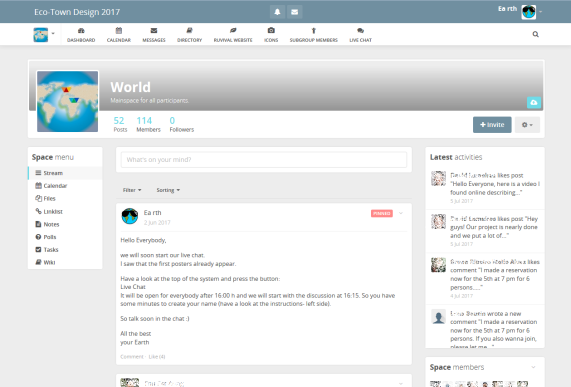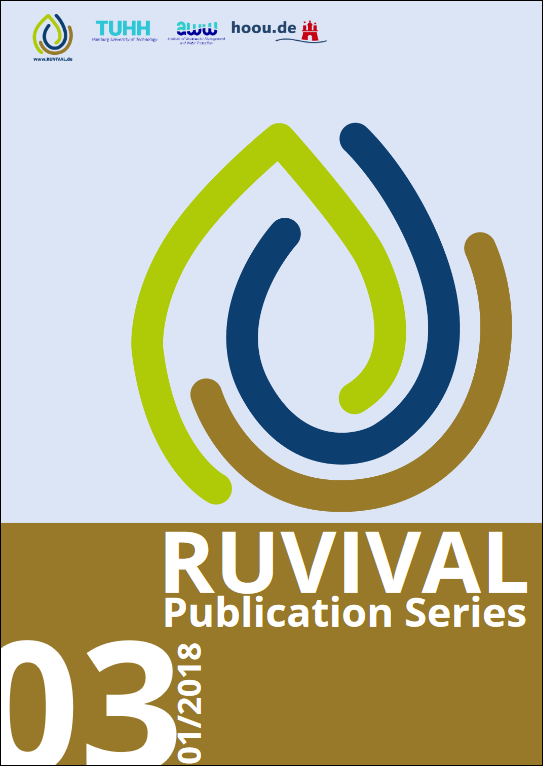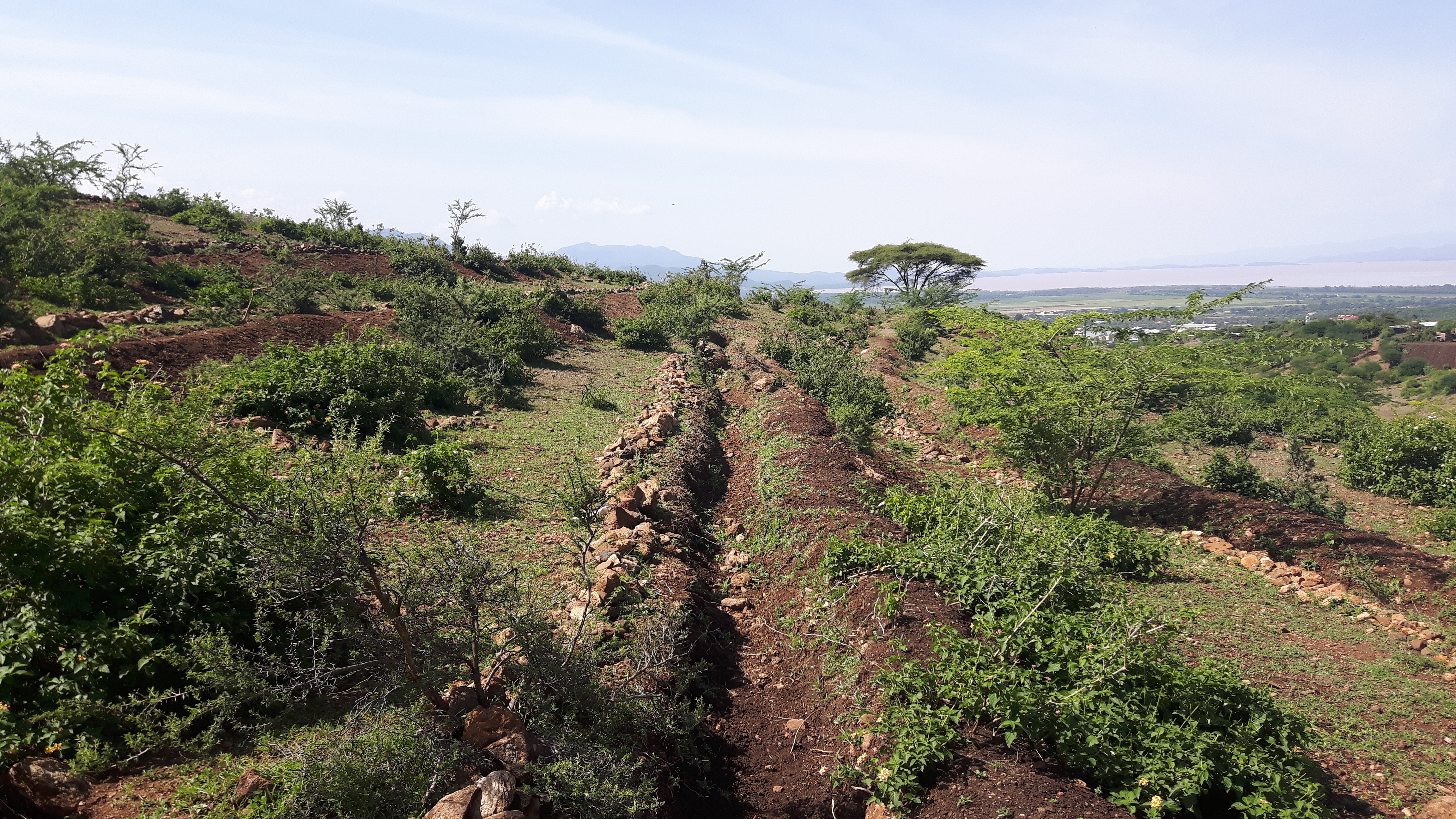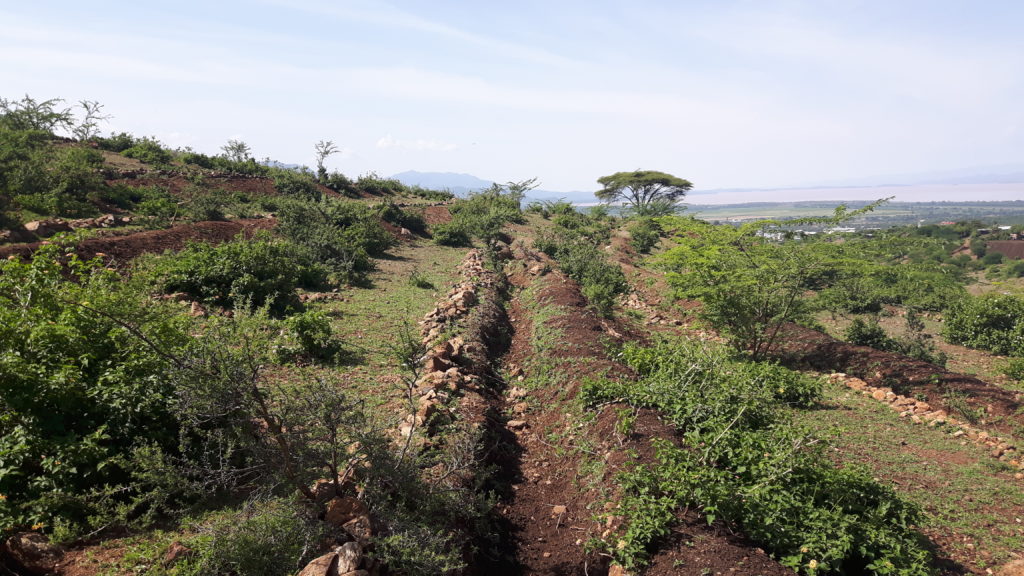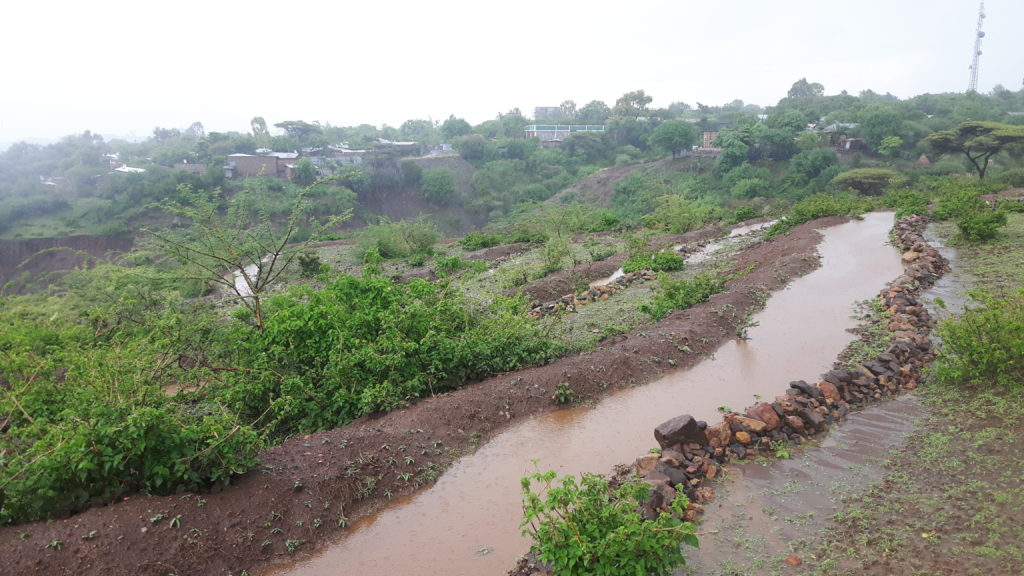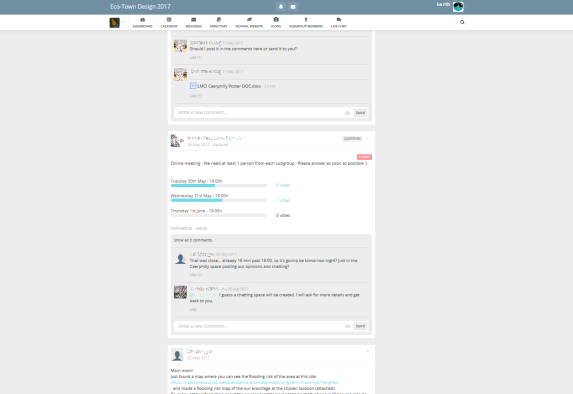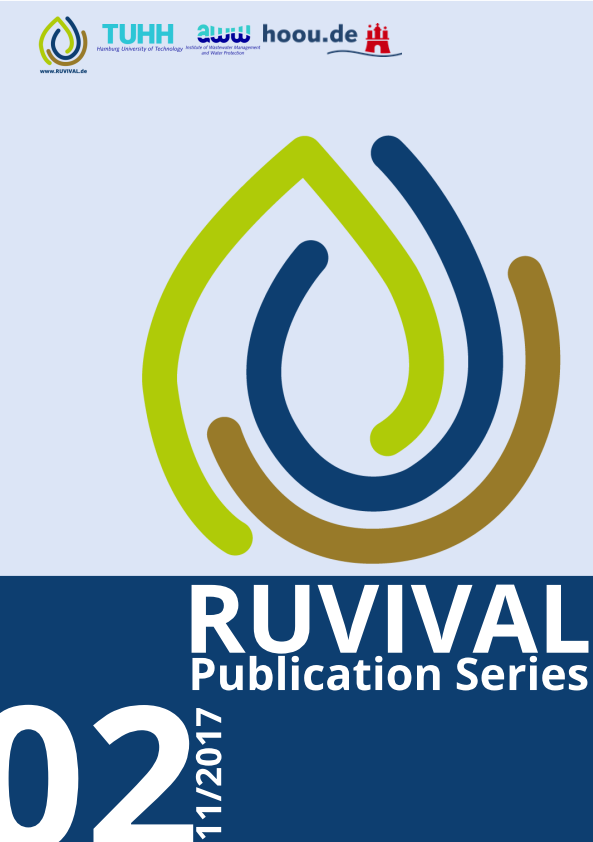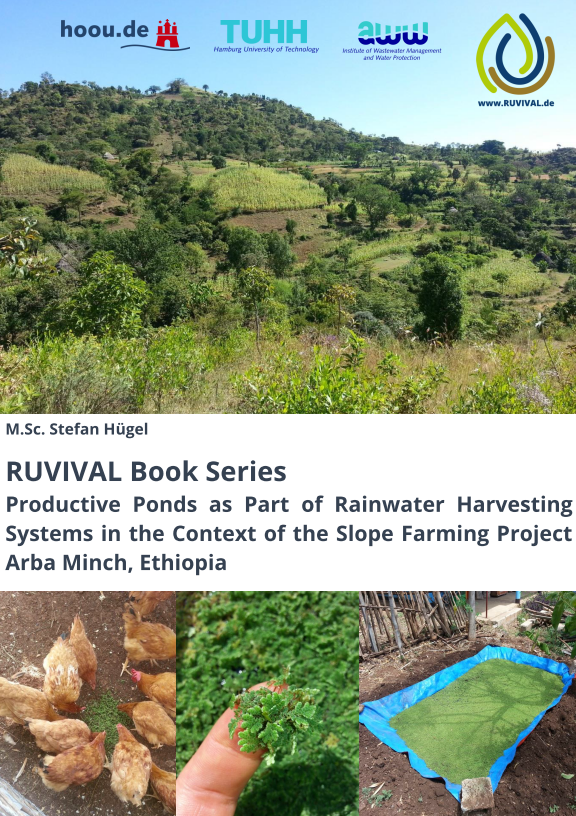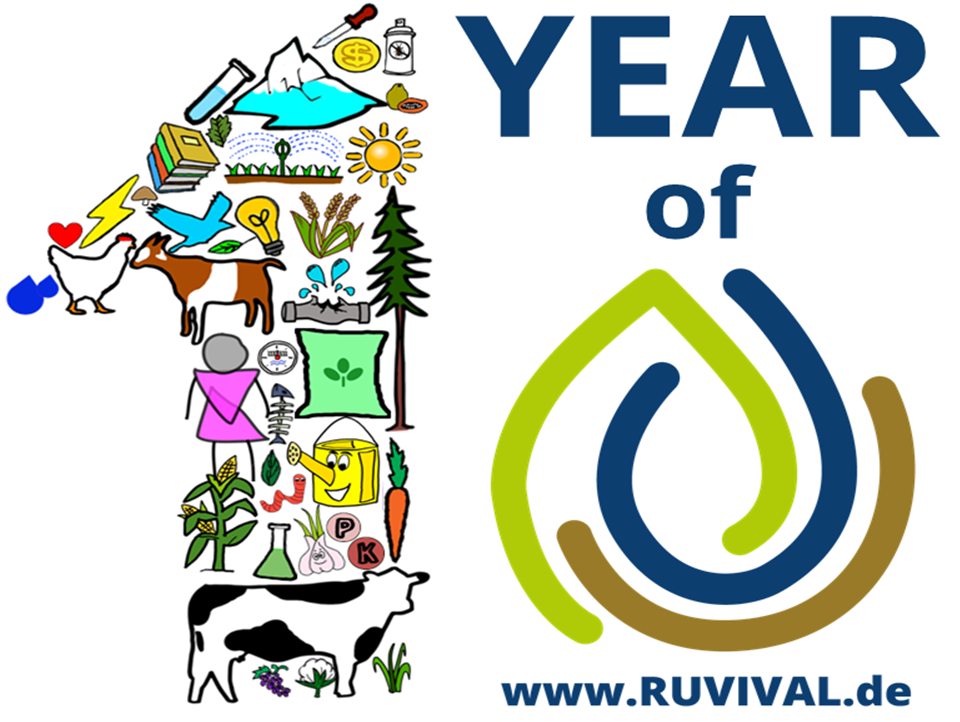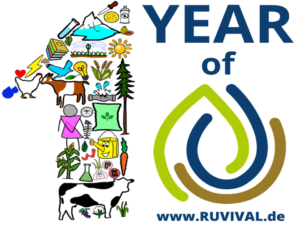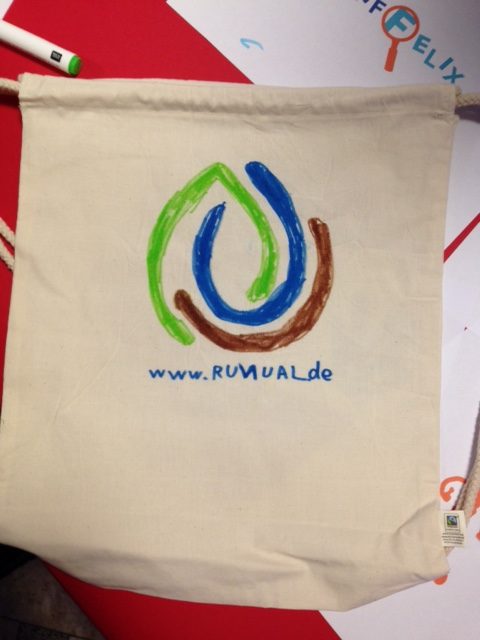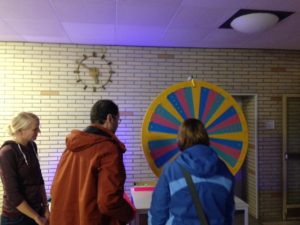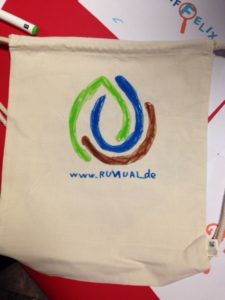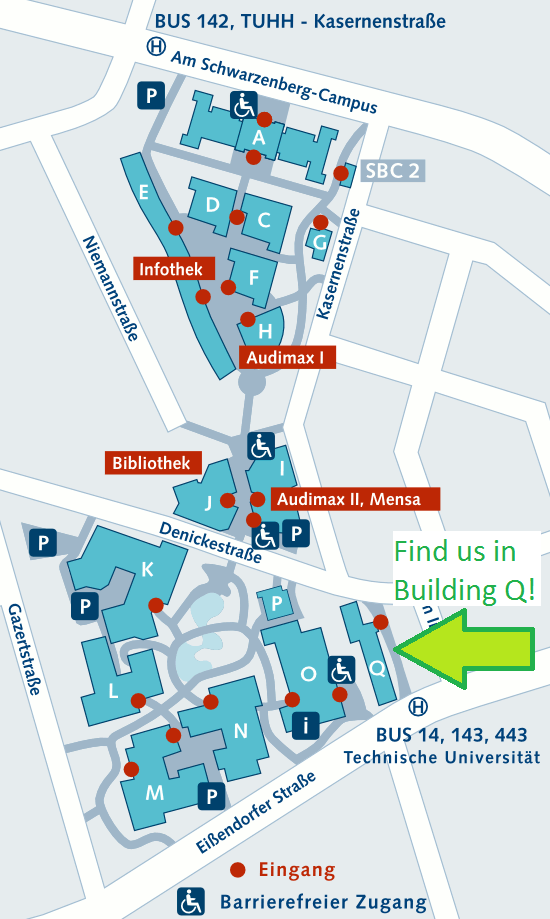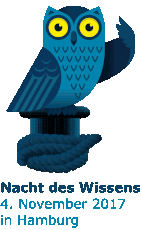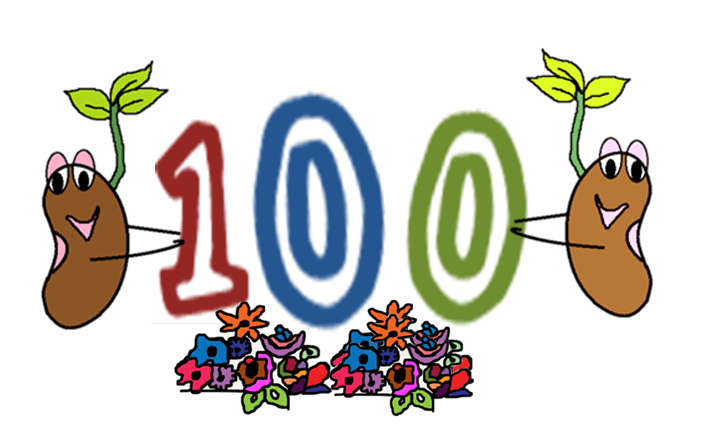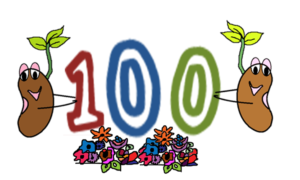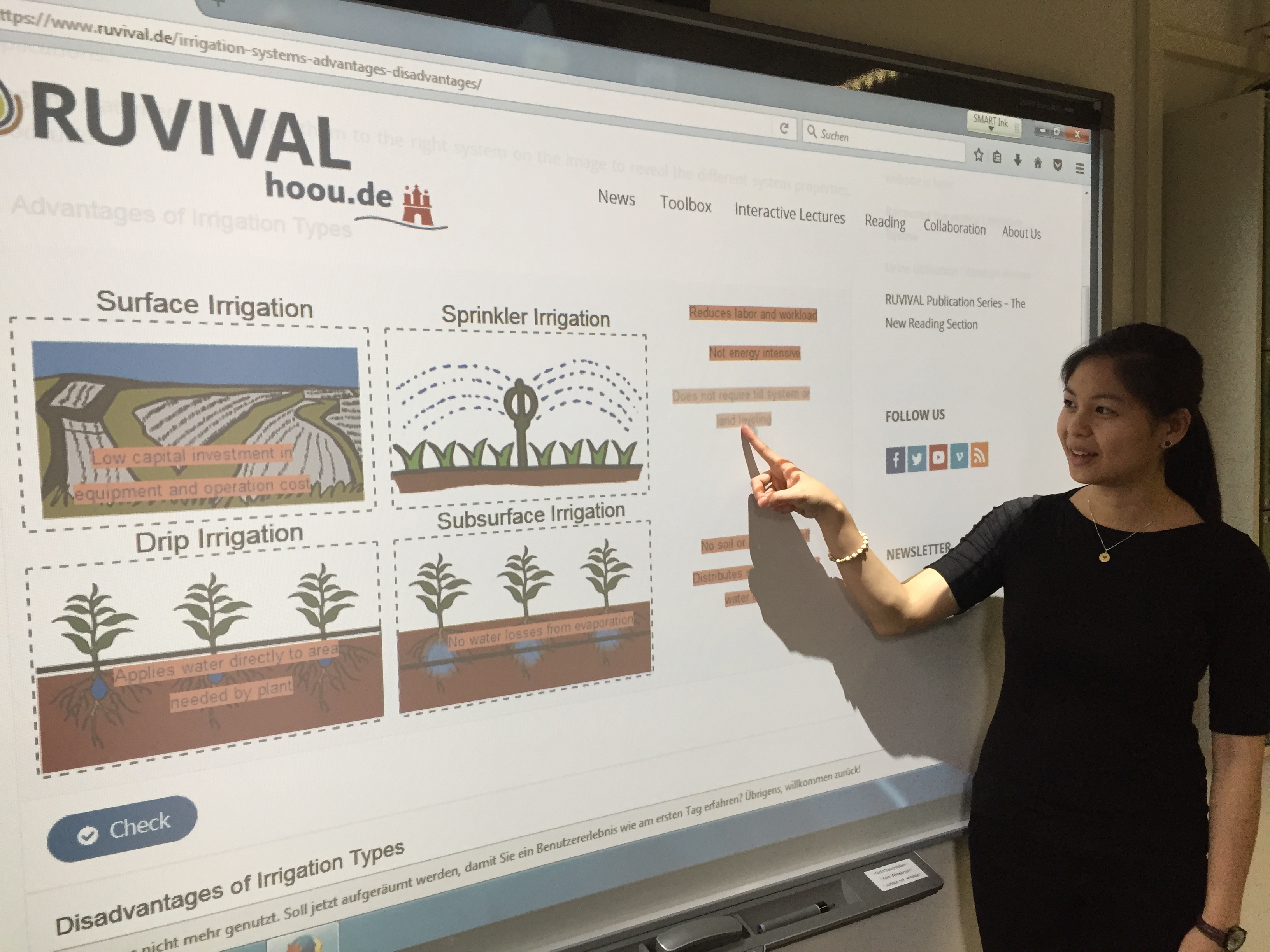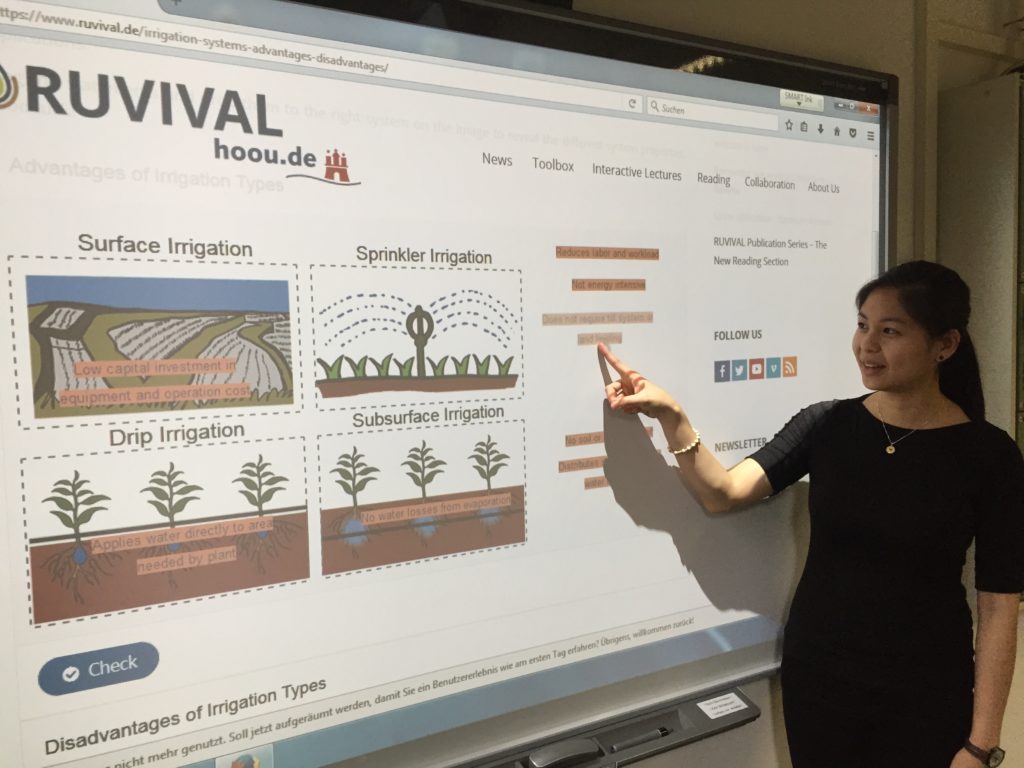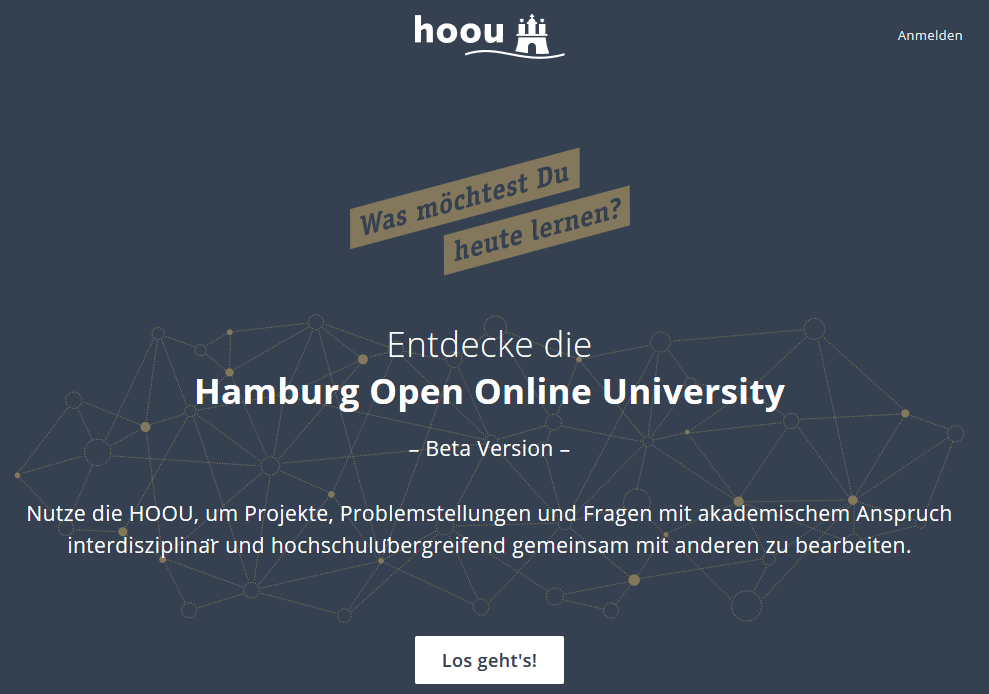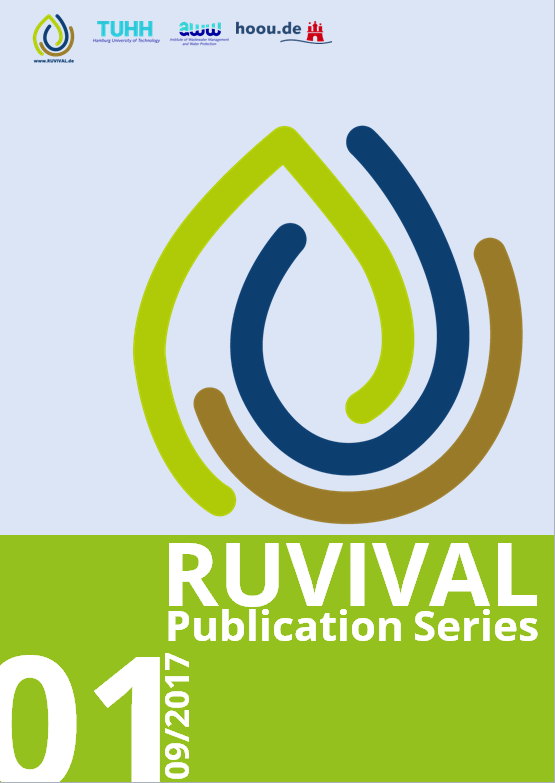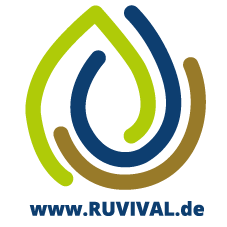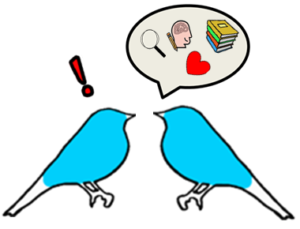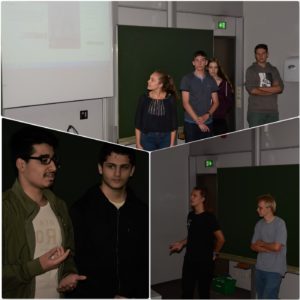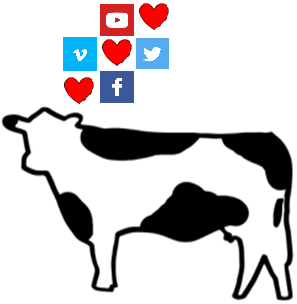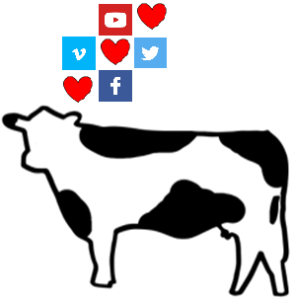Goodbye from RUVIVAL
Dear followers, the RUVIVAL project will be completed by the end of the year. Our funding by the Hamburg Open Online University will expire, so we will not create any new learning content. But don’t worry – our content will stay online! You can find all our learning content on the Hamburg Open Online University website.
We will also continue with the RUVIVAL Simulation Game and offer another round of the educational game in spring 2021. The registration and further information about the game can be found on this page.
Also in 2020 we could continue the success of the last years. After all, what began in 2016 with a small team had numerous results and effects. We would like to highlight our greatest successes in the following.
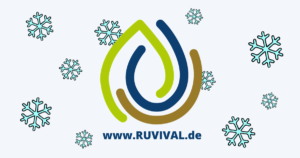
Highlights of RUVIVAL
- Together with Master students, PhD students and researchers at the Hamburg University of Technology we developed 19 Toolboxes. Each toolbox represents a bundle of different learning materials containing knowledge and methods developing rural environments.
- We have also provided a virtual classroom and published 6 Lectures by guest lecturers on various topics related to rural development and reviving the rural.
- To increase the accessibility of our learning materials, we have translated our content into Spanish, French, Urdu and German. This has demonstrably led to the distribution of the materials in other countries.
- We have founded our own publication series, which is available for download via Open Research at the Hamburg University of Technology. In the RUVIVAL Publication Series 6 volumes were published.
- In 2020 the RUVIVAL Simulation Game was successfully held for the 6th time. In this game students and other interested people plan several eco-towns in a simulated world. So far, over 600 people took part in the game, mainly students from Hamburg University of Technology and ICAM France.
- Our making-of series shows how the different parts of the project were created.
- In 2019, we partnered with Global Water Dances (GWD) to portray and support dance performances at a global event. These highlight a local water issue and improve the audience’s understanding of the importance of water.
- Throughout the years we have given presentations about the project and released various publications. These are summarised on our Press & Publications page.
We proudly look back on successful years of knowledge transfer for the revival of rural areas. We would like to thank all our project partners, but also our followers and learners. Let us not forget that change is possible.
Goodbye
Your RUVIVAL Team

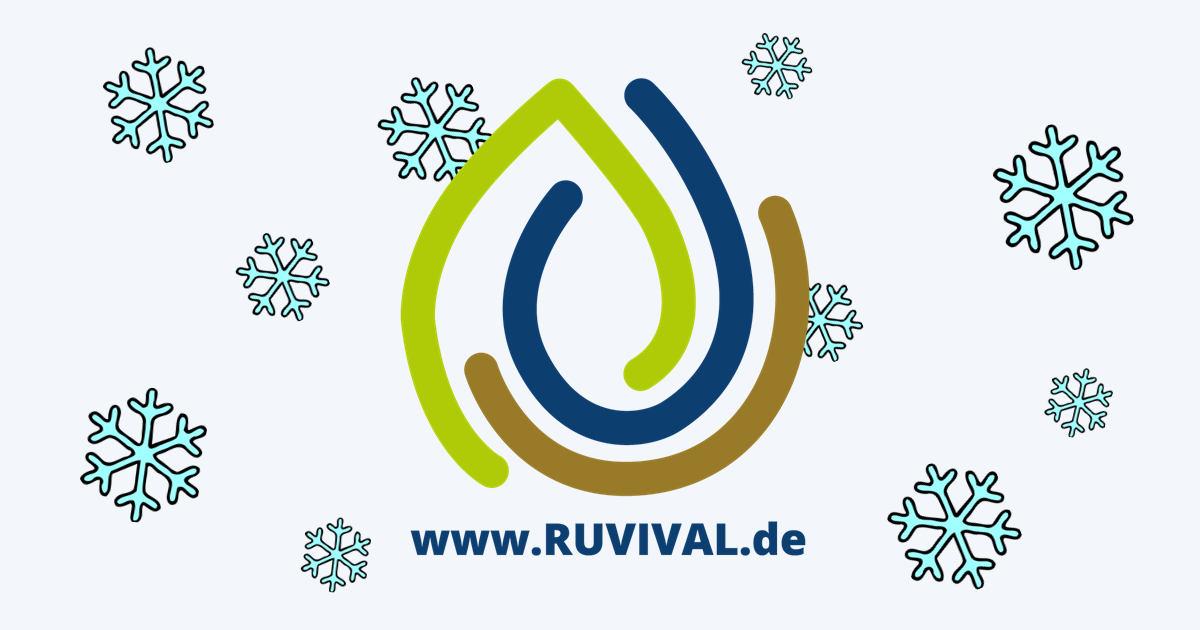
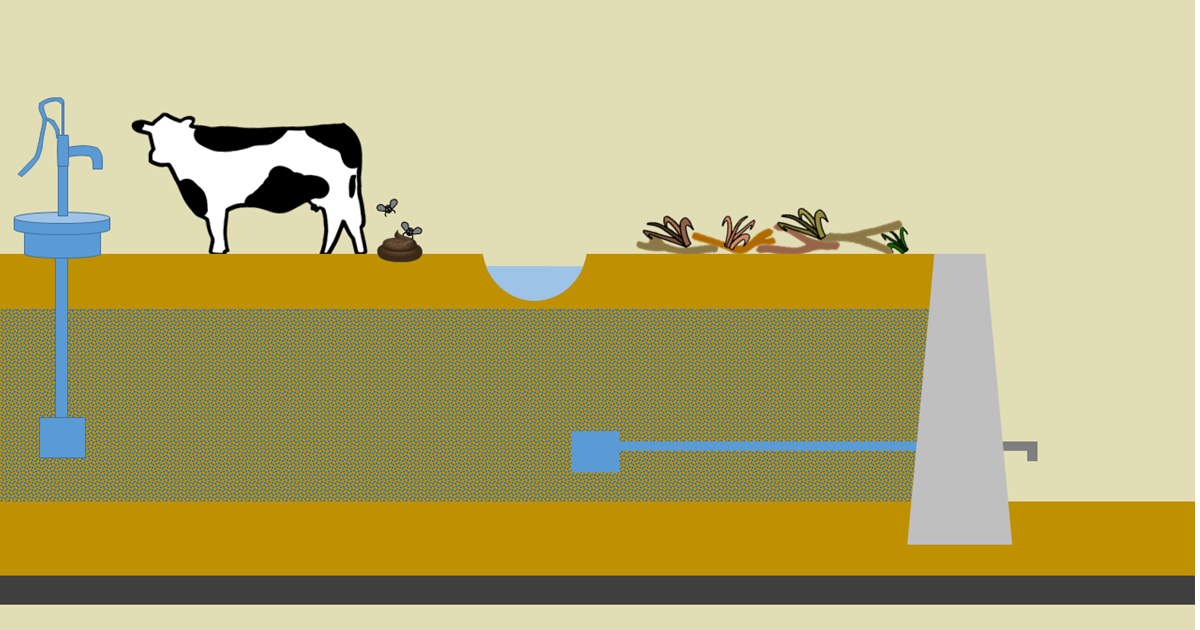
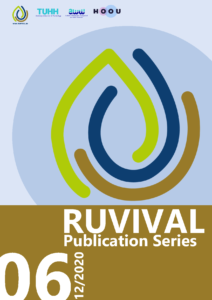
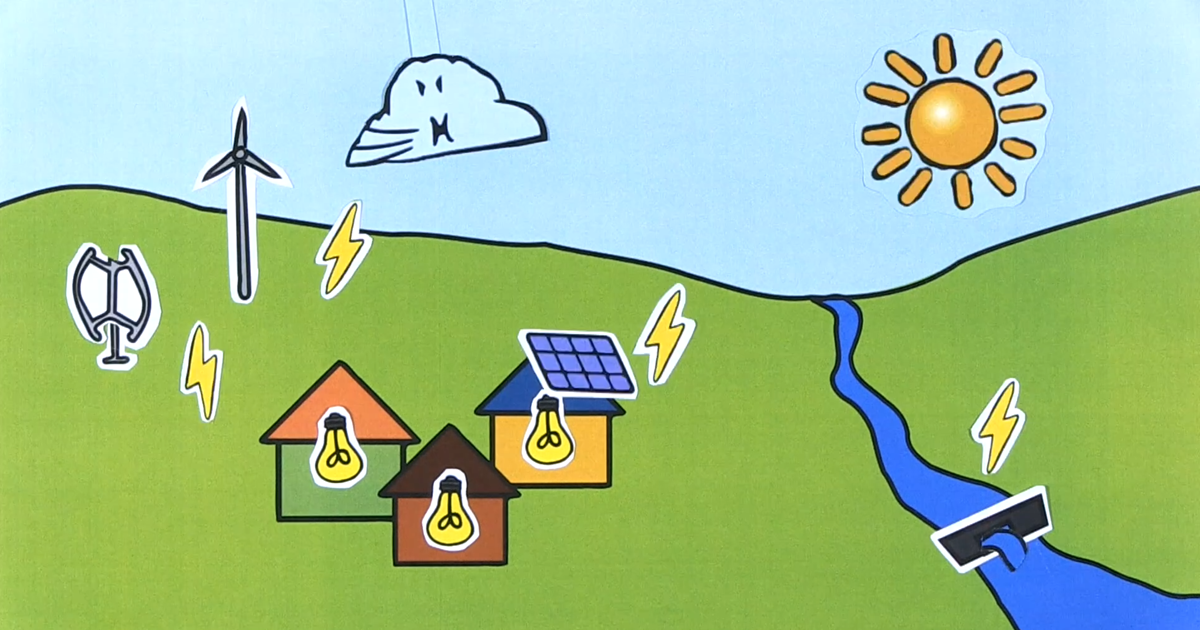
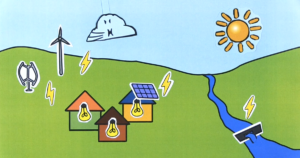
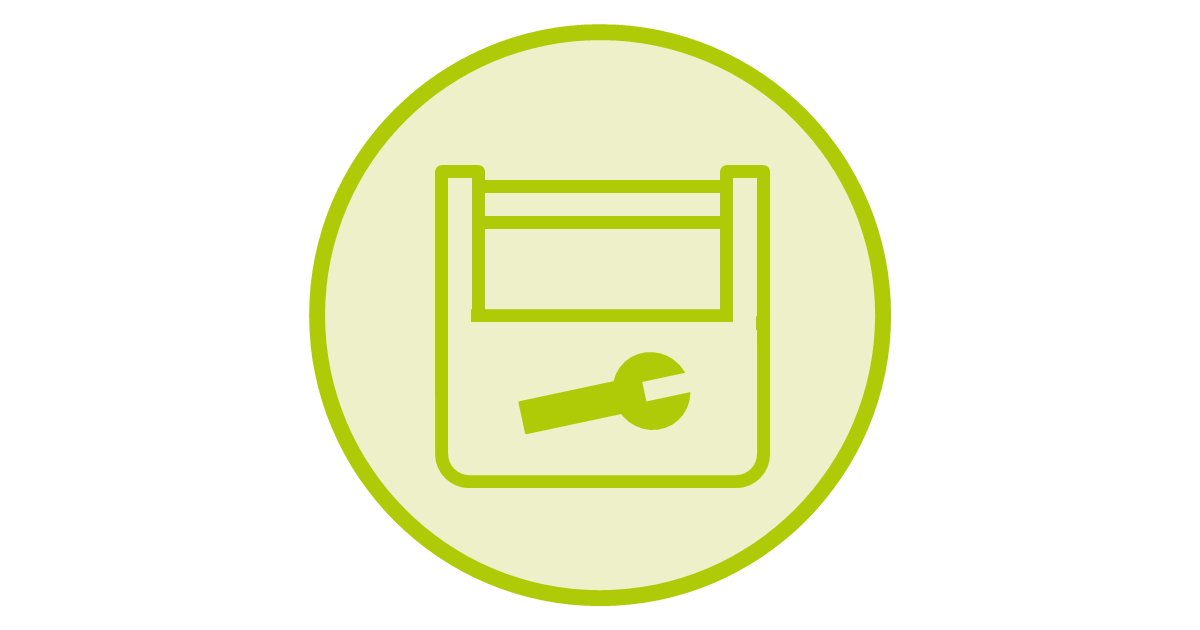
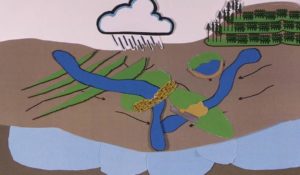
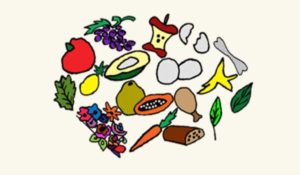
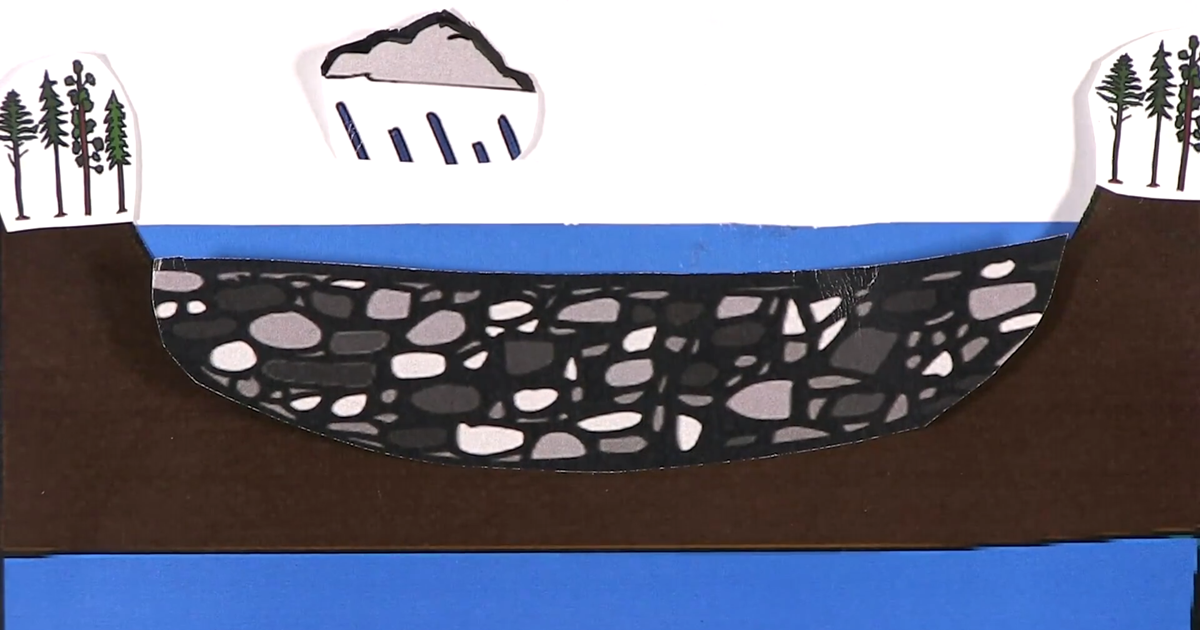
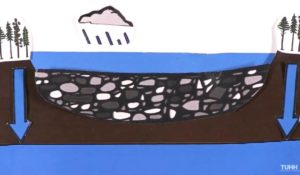
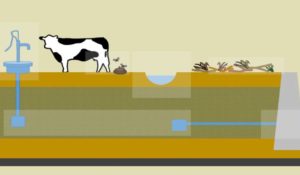
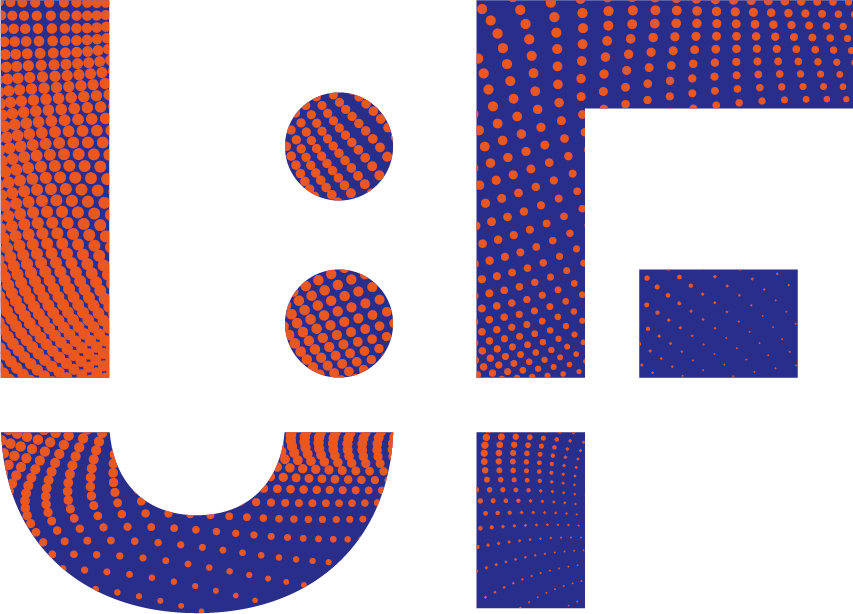

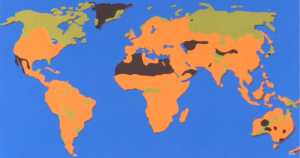
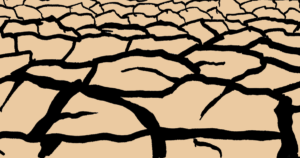
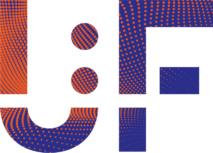
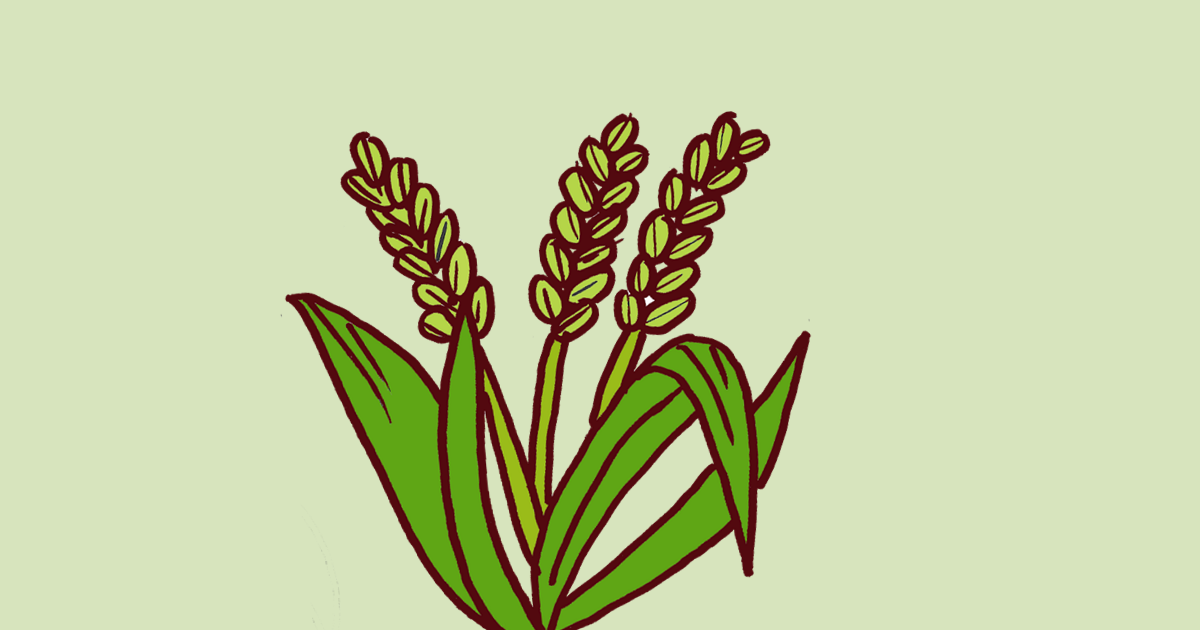
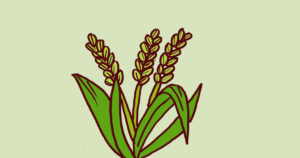
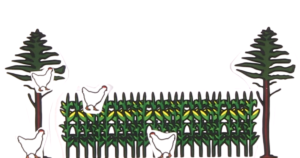
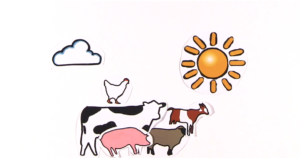
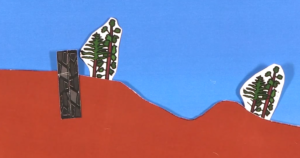
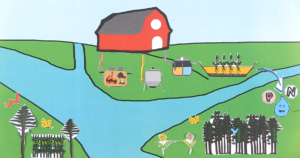
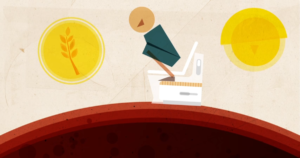
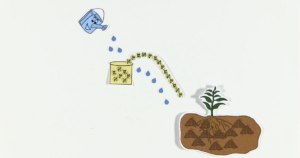
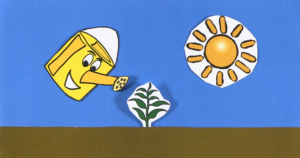
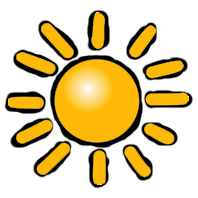
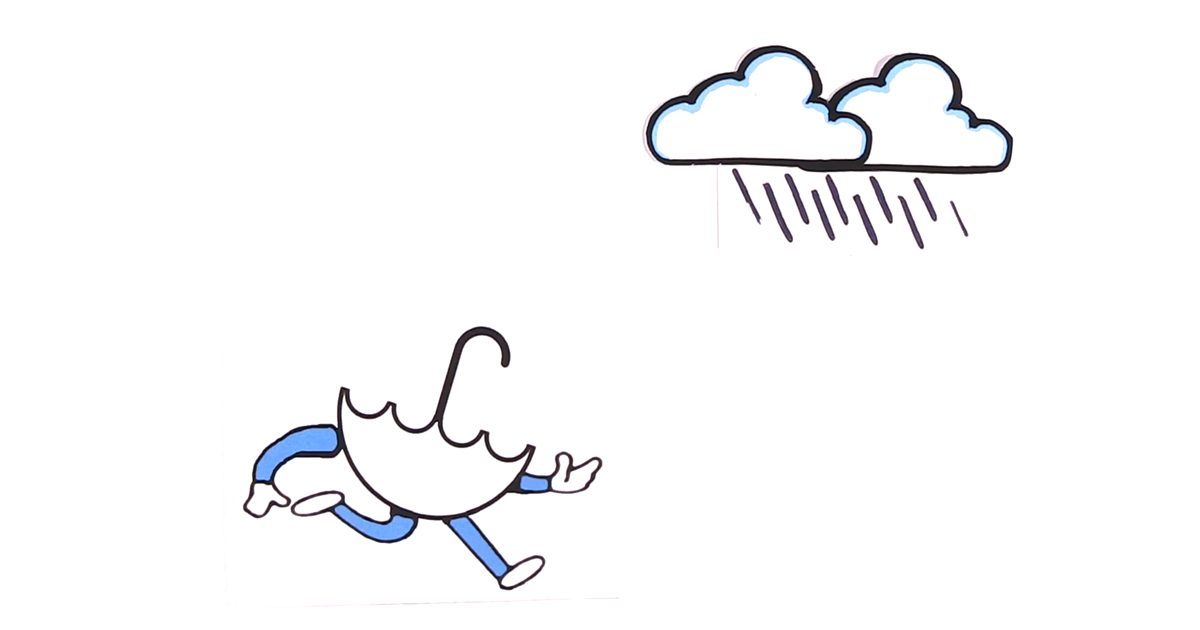
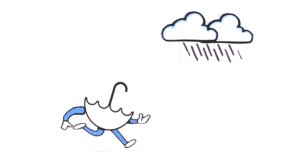
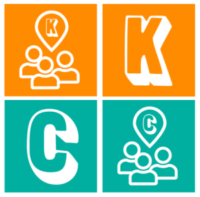
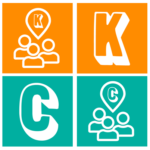 Despite the students’ different locations and the particular challenges this year’s edition faced, all eco-planners could work together for the same goal, thanks to the online SimGame communication system. All town meetings and our final conference were held in the form of an online video conference. This multimedia concept made it possible to develop two plans for two different sites with very diverse environments.
Despite the students’ different locations and the particular challenges this year’s edition faced, all eco-planners could work together for the same goal, thanks to the online SimGame communication system. All town meetings and our final conference were held in the form of an online video conference. This multimedia concept made it possible to develop two plans for two different sites with very diverse environments.
 This year’s task was to plan one ecological settlement in Wales and one in Ethiopia. Each development plan had to be based on solutions that endure an ecological balance between soil, water and energy while providing the needs of the inhabitants in terms of housing, income, food, transport and waste assimilation. The plan also includes the assessment and mitigation of the Eco-Town’s ecological footprint. For this purpose, different groups of students were formed and were responsible for certain aspects of the development plan, town affairs and communication.
This year’s task was to plan one ecological settlement in Wales and one in Ethiopia. Each development plan had to be based on solutions that endure an ecological balance between soil, water and energy while providing the needs of the inhabitants in terms of housing, income, food, transport and waste assimilation. The plan also includes the assessment and mitigation of the Eco-Town’s ecological footprint. For this purpose, different groups of students were formed and were responsible for certain aspects of the development plan, town affairs and communication. This year the Media & RMC Group reported in our virtual newspaper about the town meetings and planning progress. They kept track of the planning discussions and stayed well informed on the future inhabitants’ needs and requirements. Just as in real life, the virtual Eco-Towns planning benefited from the intense exchange and interactions that took place.
This year the Media & RMC Group reported in our virtual newspaper about the town meetings and planning progress. They kept track of the planning discussions and stayed well informed on the future inhabitants’ needs and requirements. Just as in real life, the virtual Eco-Towns planning benefited from the intense exchange and interactions that took place.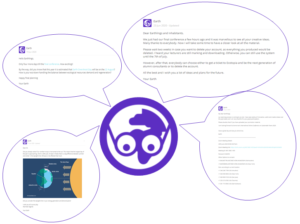 Earth, the main character in our simulated world, was responsible for publishing all the important announcements and sometimes interesting news. Earth had an important management role, since, well… you know… Earth knows everything in the world. Earth coordinated and moderated communication with the outside world, as well as the Travel Agency, Newspaper and Conference Center.
Earth, the main character in our simulated world, was responsible for publishing all the important announcements and sometimes interesting news. Earth had an important management role, since, well… you know… Earth knows everything in the world. Earth coordinated and moderated communication with the outside world, as well as the Travel Agency, Newspaper and Conference Center.
